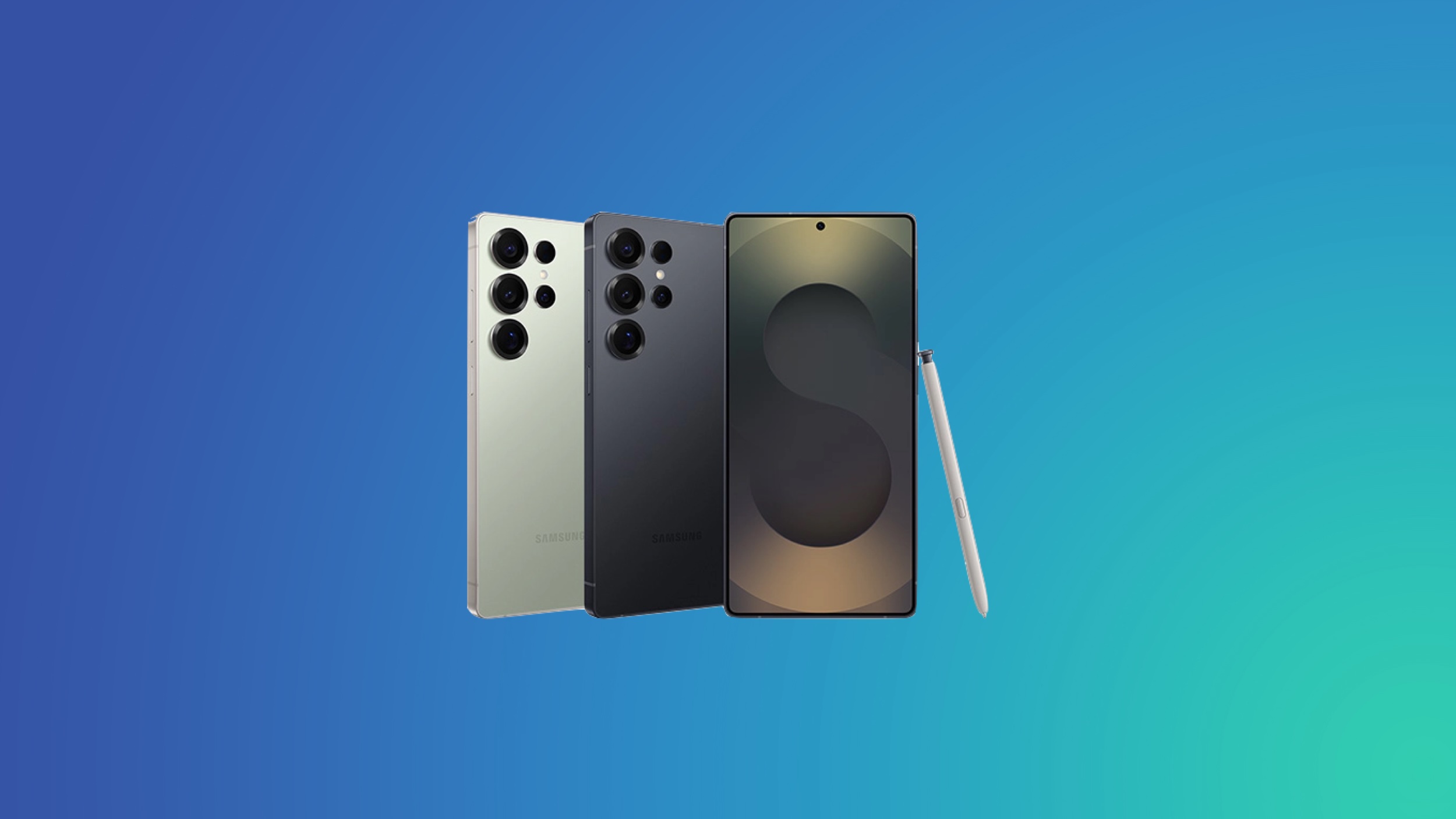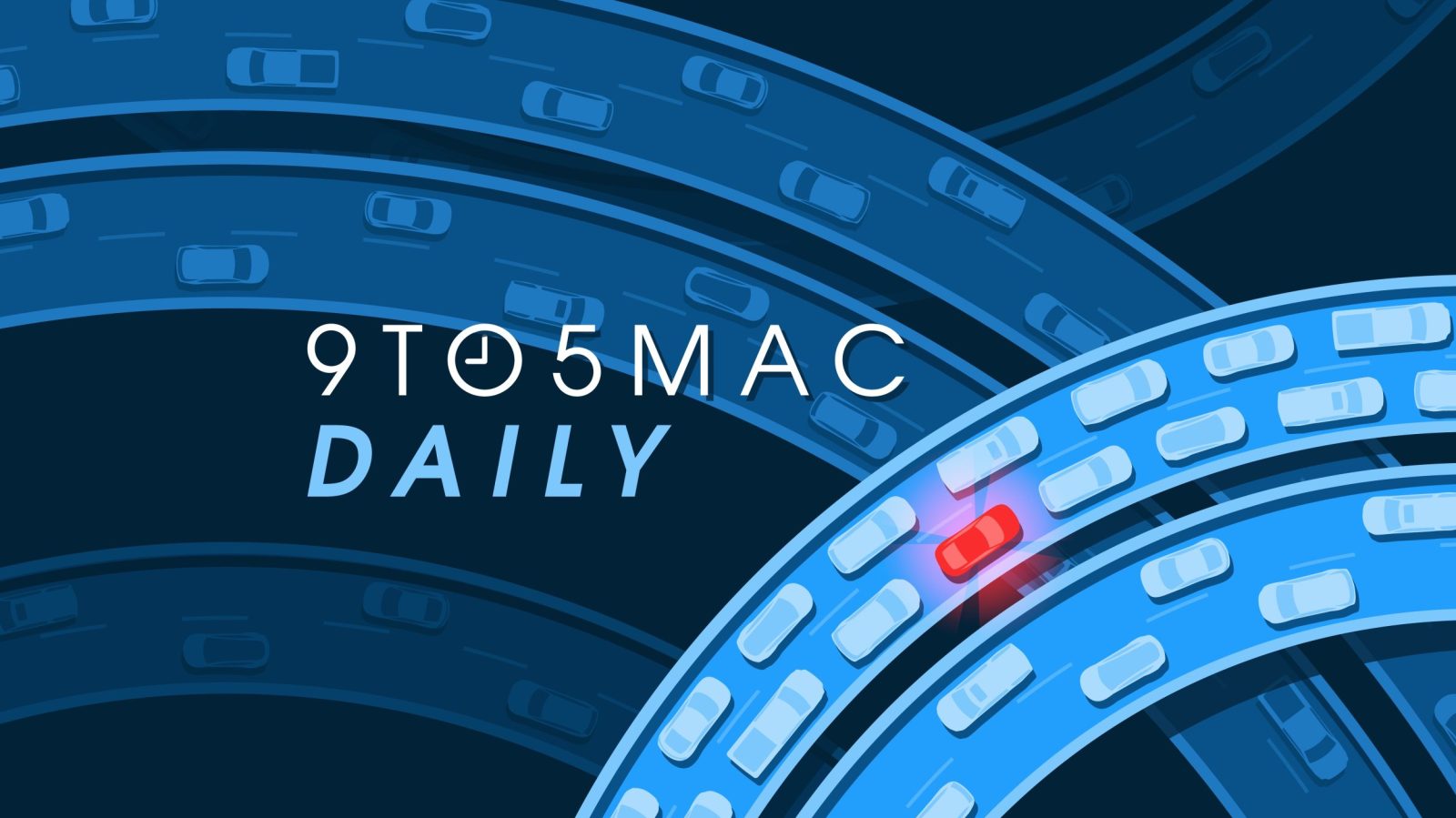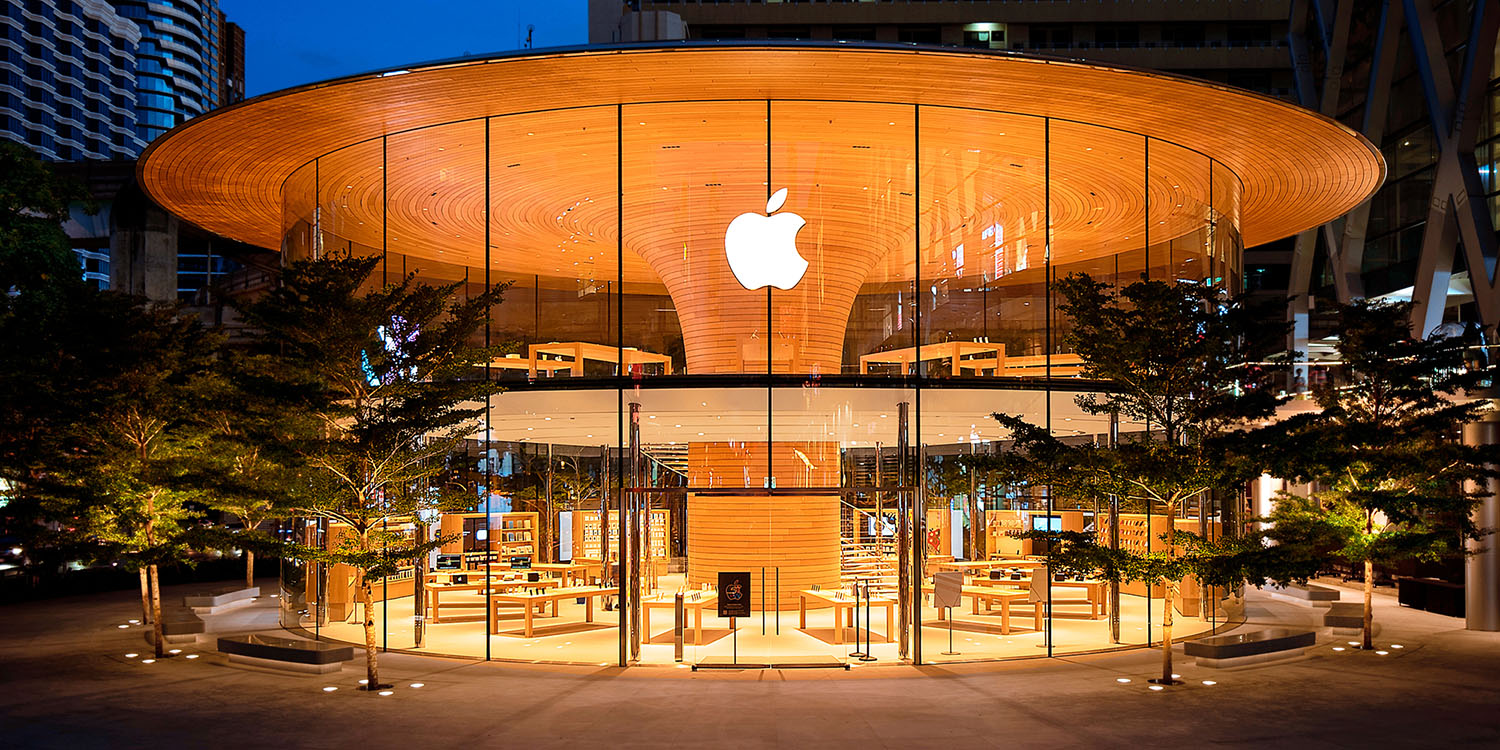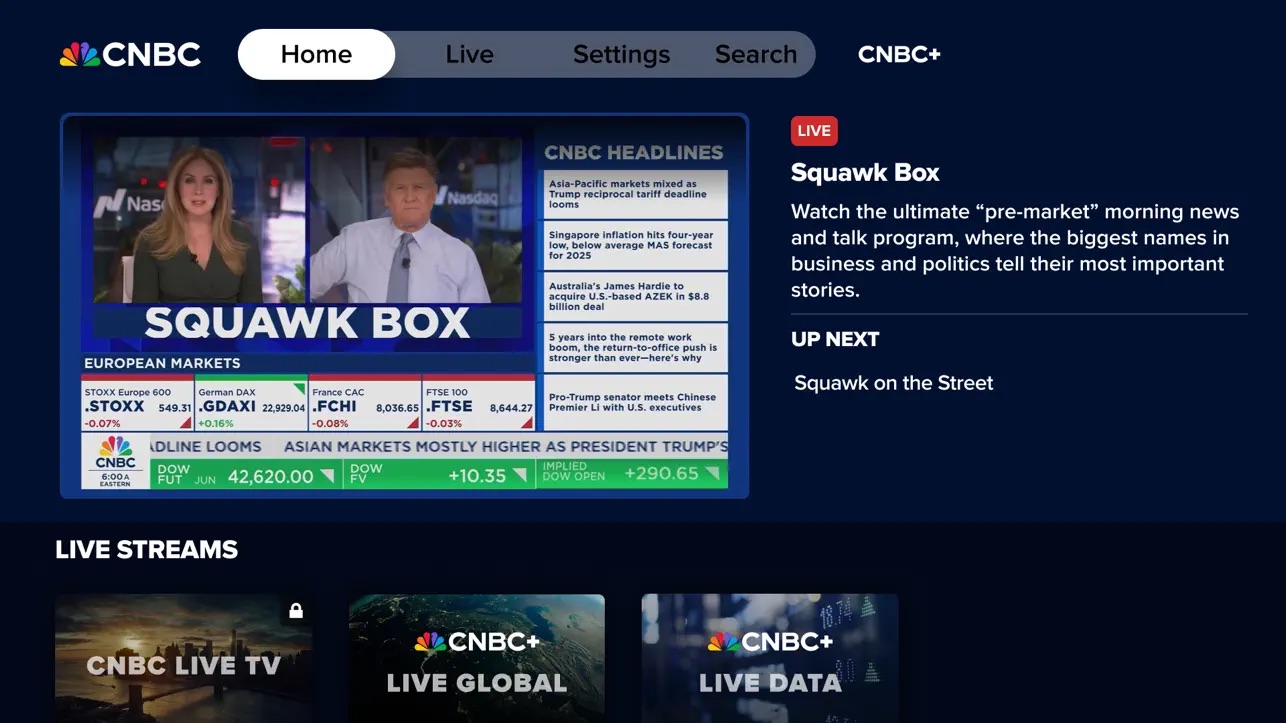Apple's Most Famous Rival Turns 50 Today
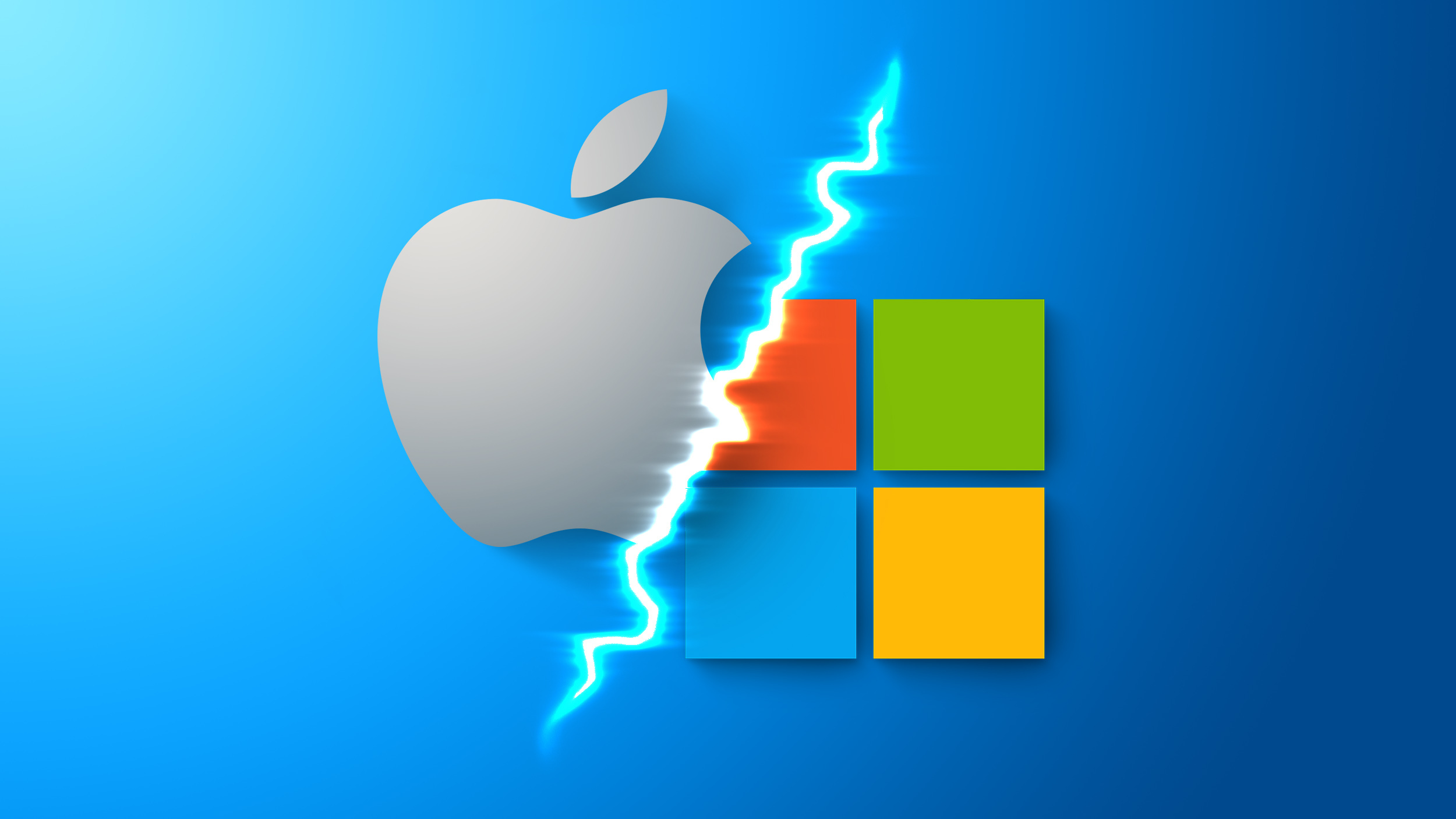
Microsoft was founded on April 4, 1975 by Bill Gates and Paul Allen, starting out as a software company developing a BASIC interpreter for the Altair 8800. It quickly become central to the personal computing revolution, including through its early collaboration with Apple, where Apple licensed Microsoft's BASIC for the Apple II in 1977.
Microsoft's most significant early involvement with Apple came with the development of applications for the original Macintosh, including Word and Excel, which helped legitimize the Mac as a productivity tool. The 1985 launch of Microsoft Windows, which featured a graphical user interface similar to the Macintosh, prompted accusations from Apple that Microsoft had copied key elements of its design.
The ensuing legal and public disputes would define the rivalry for years. In 1988, Apple filed a lawsuit against Microsoft and Hewlett-Packard, claiming infringement of its Macintosh GUI, which it ultimately lost.
Despite the rivalry, Microsoft invested $150 million in Apple in 1997, when the company was in financial crisis following years of declining market share and internal missteps. As part of the agreement, Microsoft committed to continuing development of Office for Mac and making Internet Explorer the default browser on Macintosh systems. During his keynote at Macworld Boston 1997, Steve Jobs announced the deal, stating:
We have to let go of the notion that for Apple to win, Microsoft has to lose. We need to embrace a notion that for Apple to win, Apple has to do a really good job.
Throughout the 2000s and early 2010s, Microsoft and Apple continued to compete on multiple fronts with operating systems, productivity software, mobile devices, and later, cloud services. Apple's resurgence under Jobs was driven by the success of the iMac, iPod, iPhone, and iPad, while Microsoft struggled to gain traction with mobile devices like the Windows Phone and Surface. Apple has developed alternatives to Microsoft products, including iWork, but Microsoft Office continues to be prevalent and play an important role on Apple devices, including the Vision Pro.
Today, both companies remained dominant in their respective ecosystems. Microsoft's focus on software licensing, large-scale business use-cases, and enterprise cloud computing with Azure now forms a business model that contrasts sharply with Apple's emphasis on consumer-facing products, hardware-software integration, and user experience.
This article, "Apple's Most Famous Rival Turns 50 Today" first appeared on MacRumors.com
Discuss this article in our forums
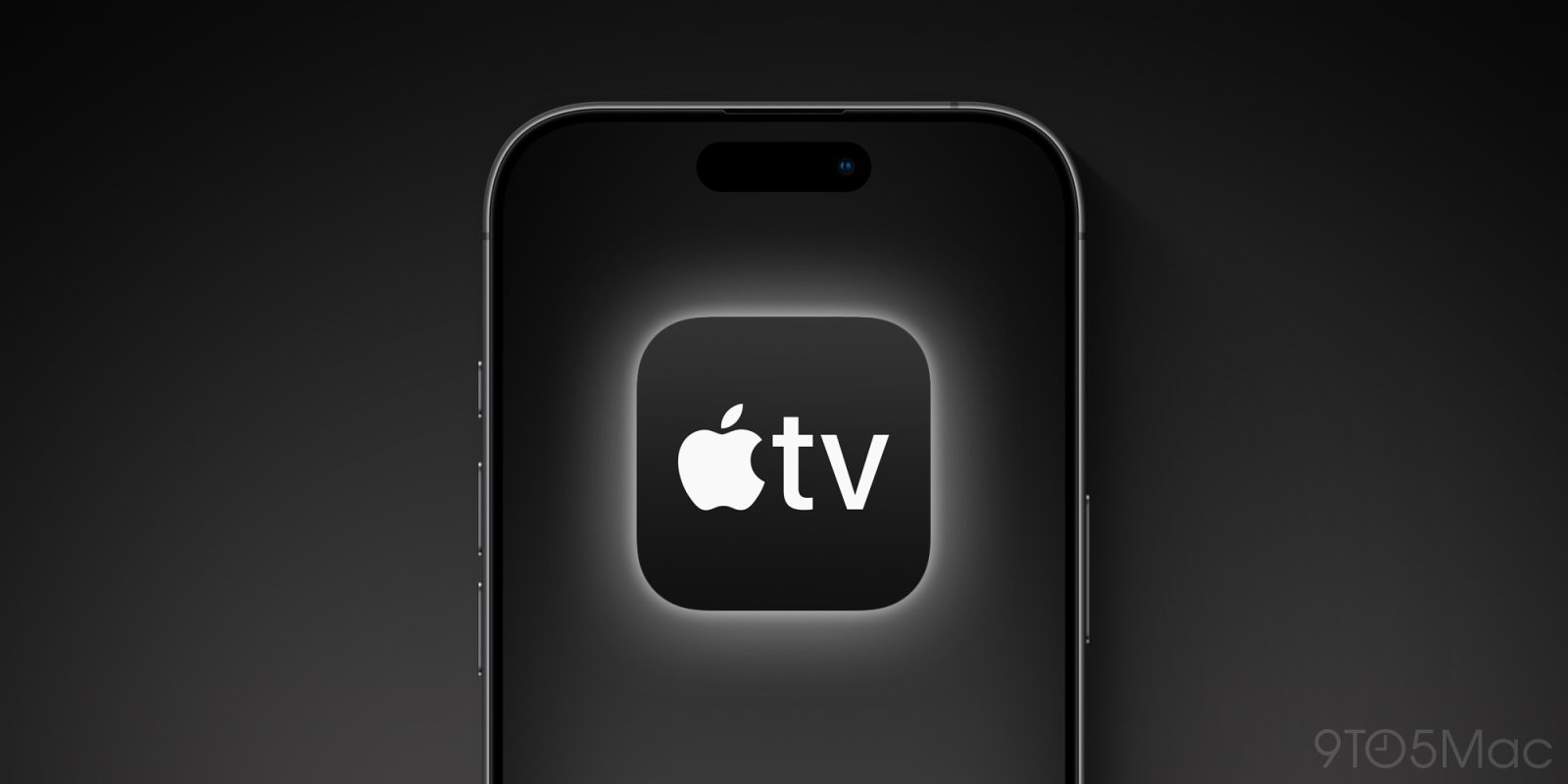
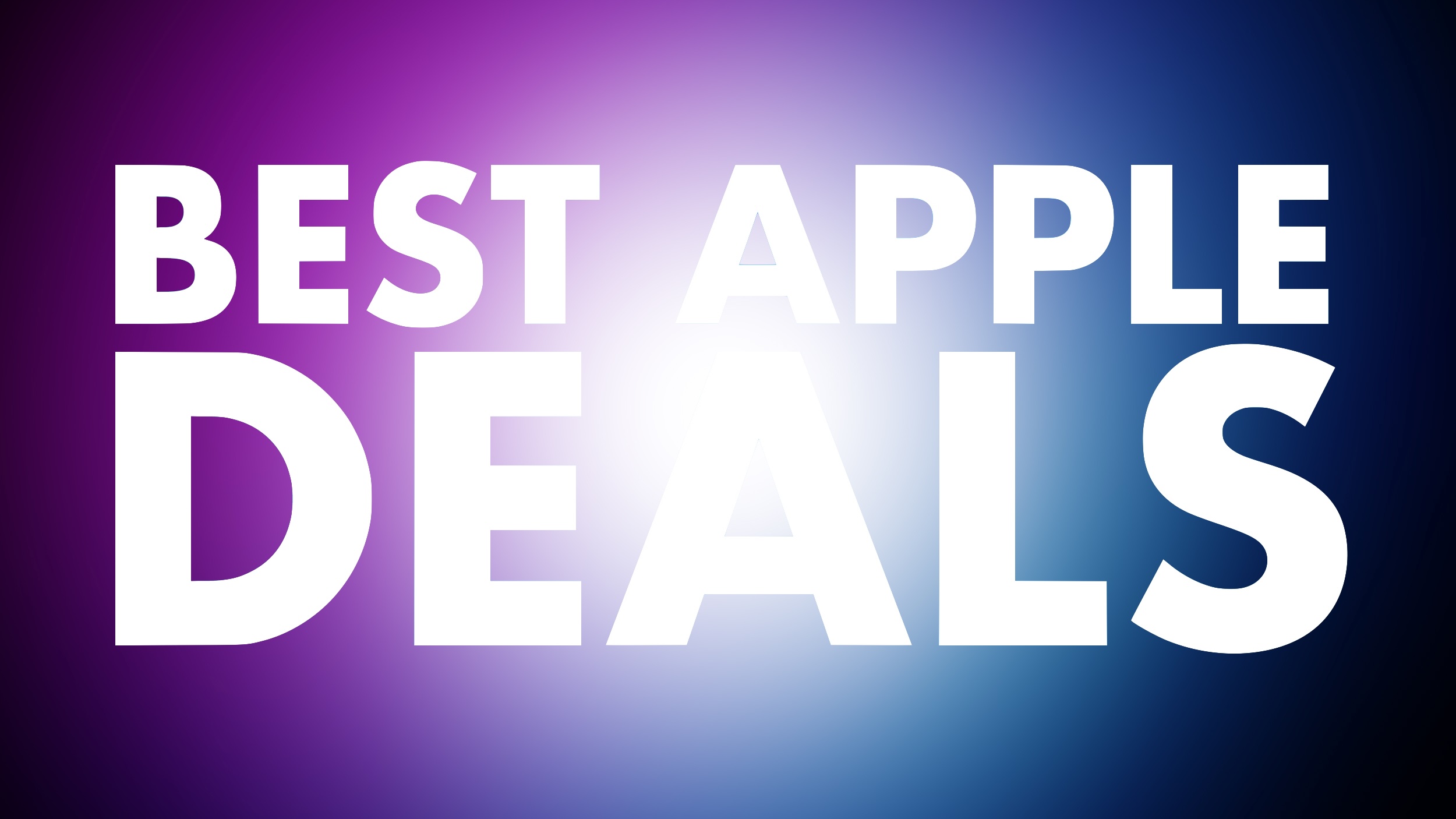 Note: MacRumors is an affiliate partner with some of these vendors. When you click a link and make a purchase, we may receive a small payment, which helps us keep the site running.
Note: MacRumors is an affiliate partner with some of these vendors. When you click a link and make a purchase, we may receive a small payment, which helps us keep the site running.
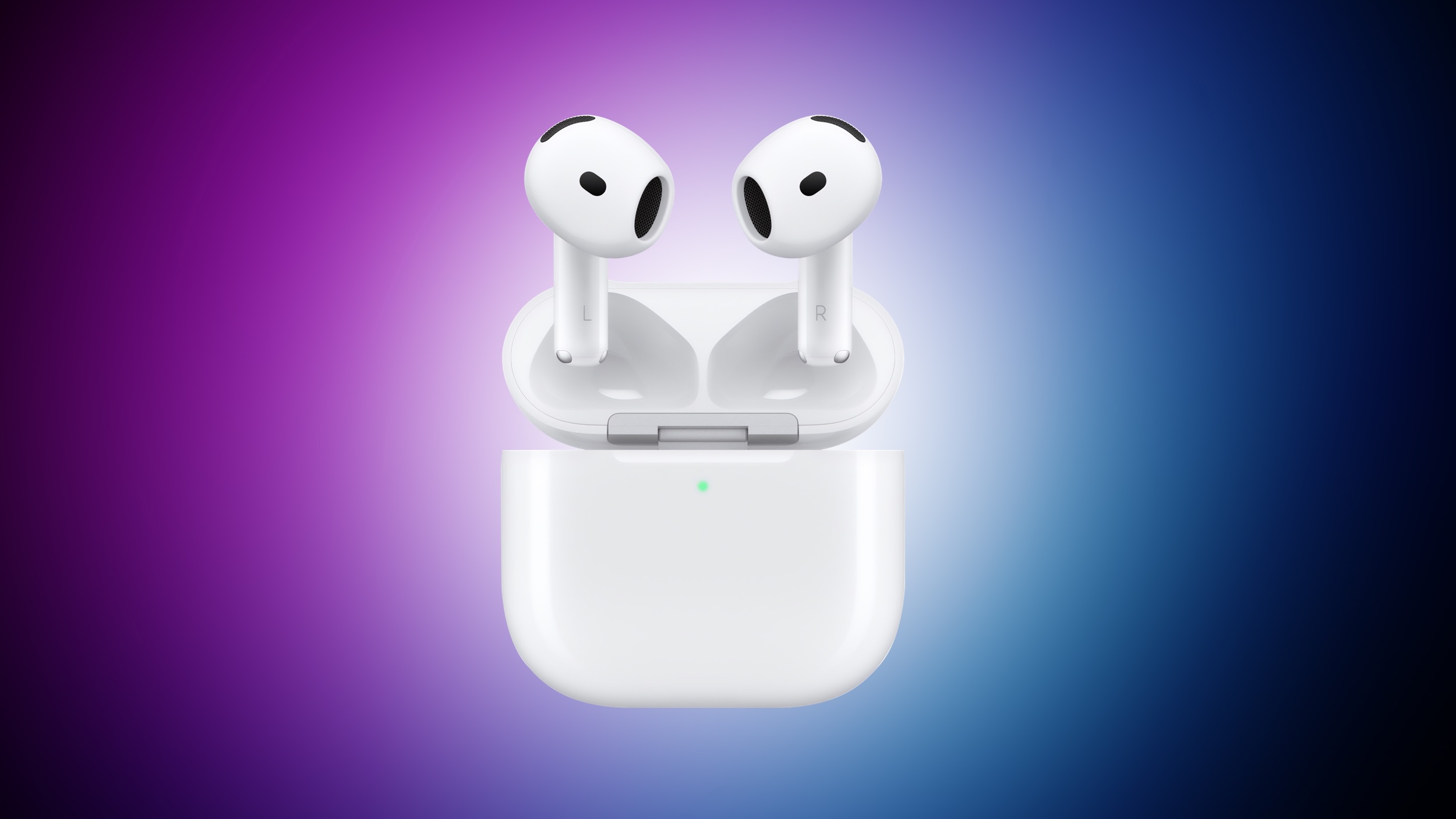
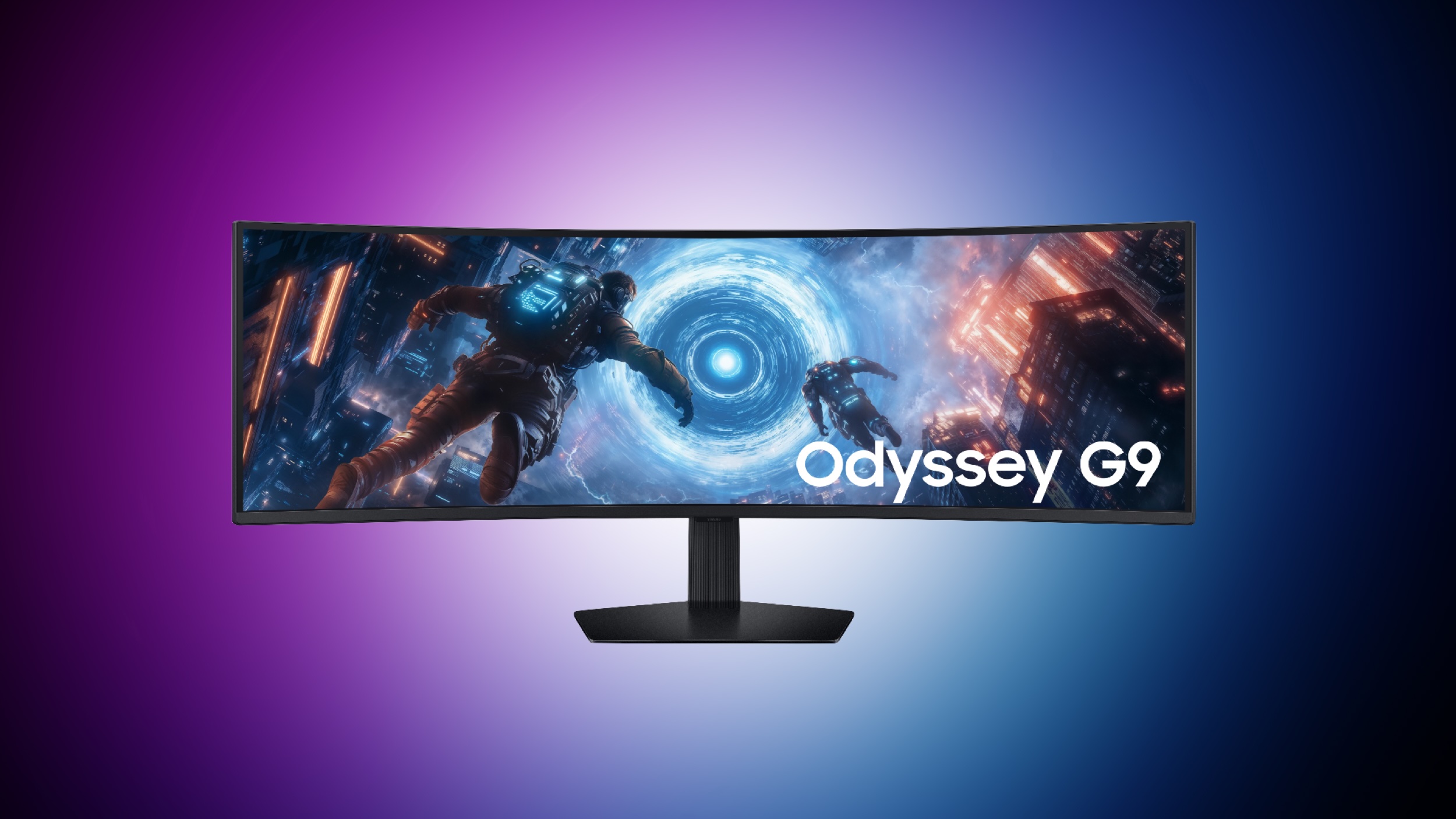
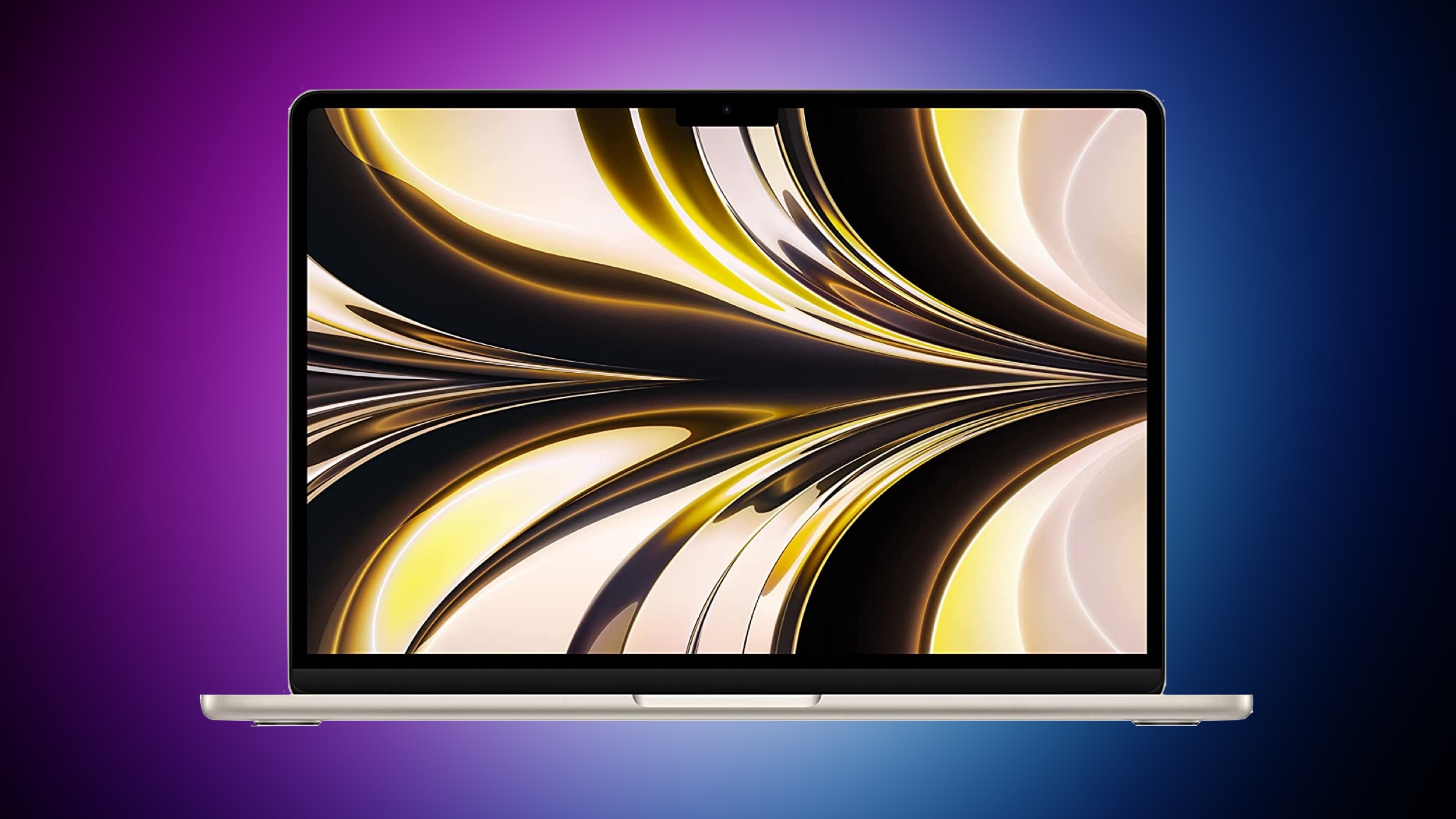
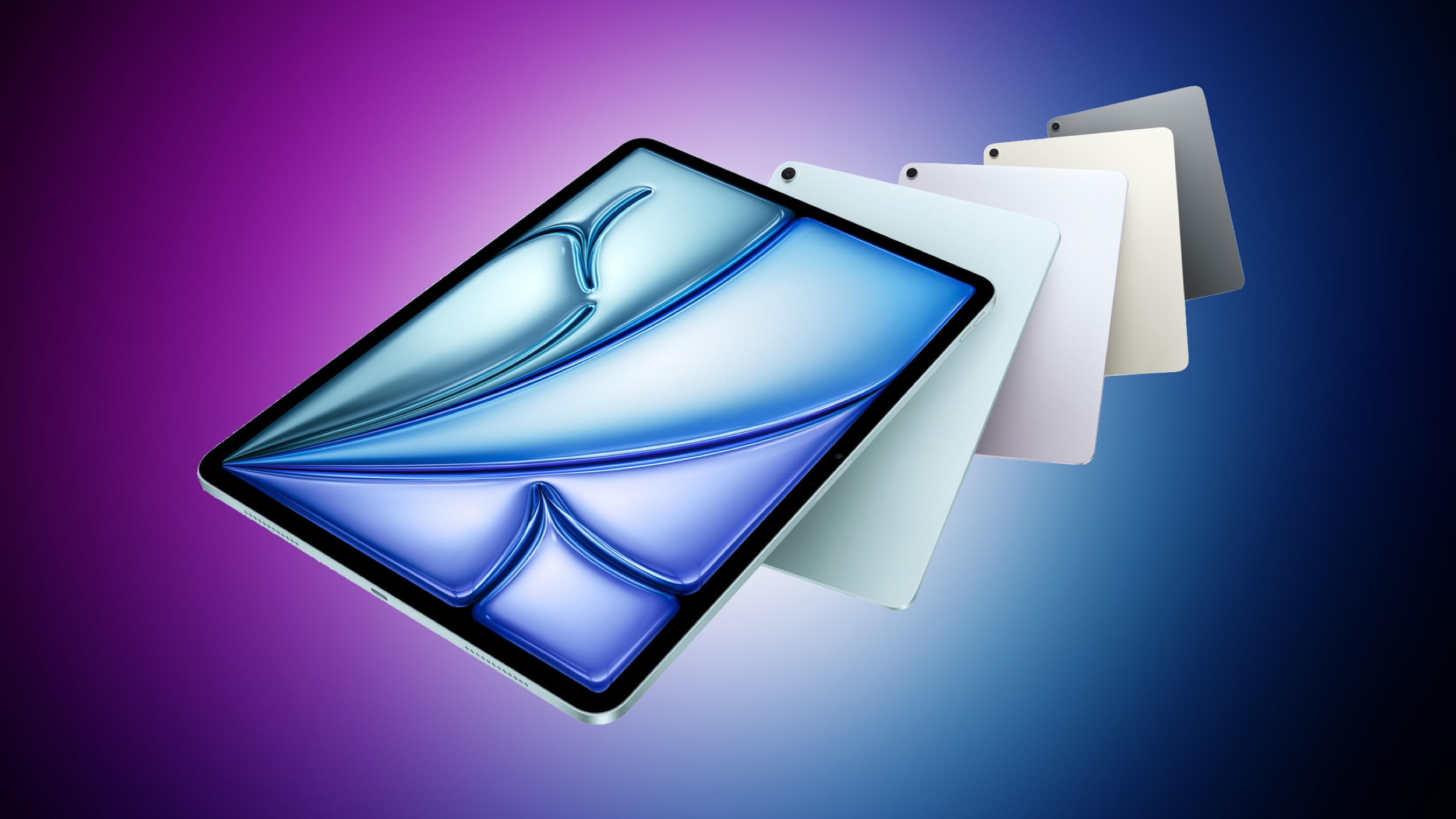
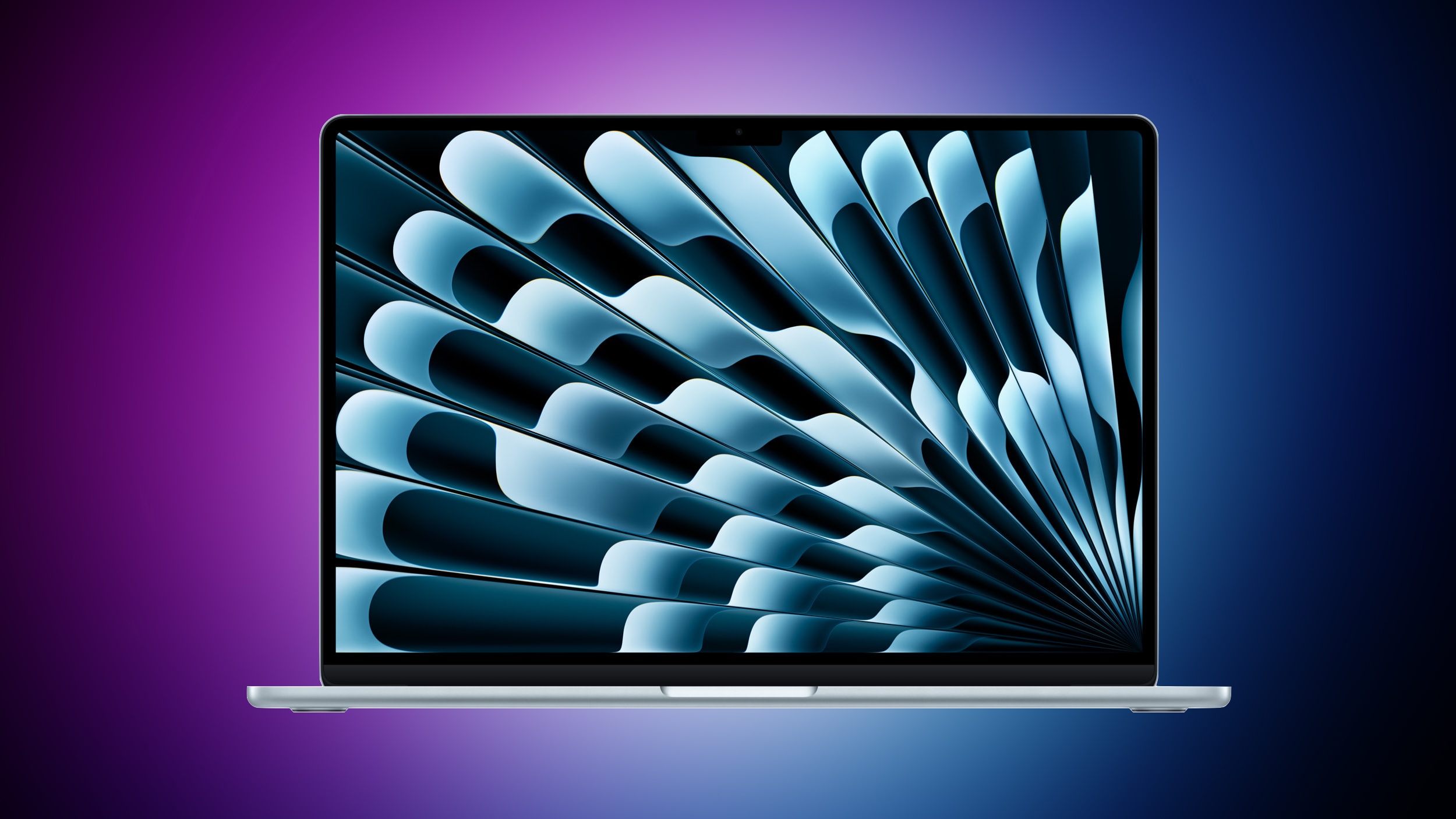
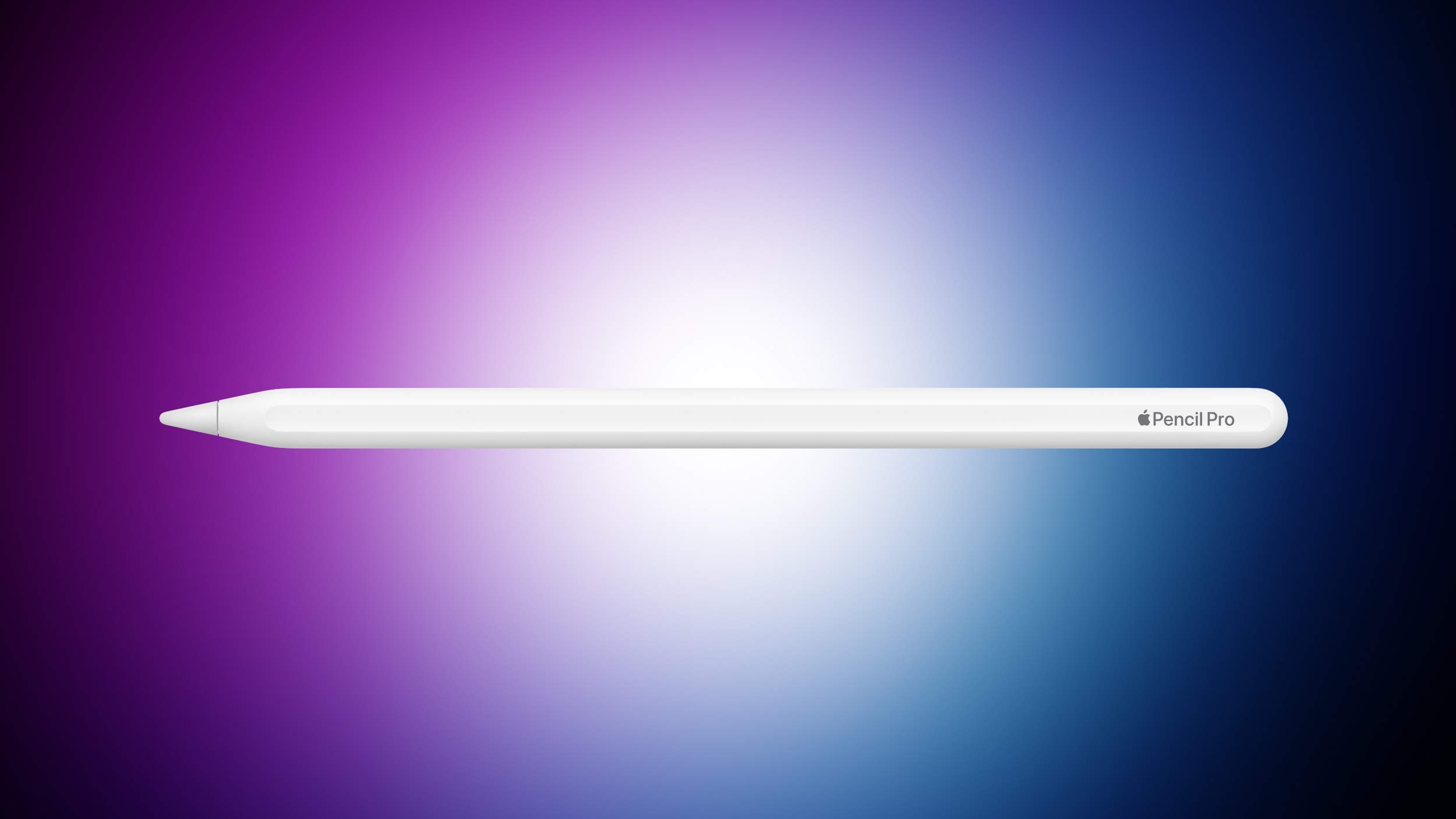

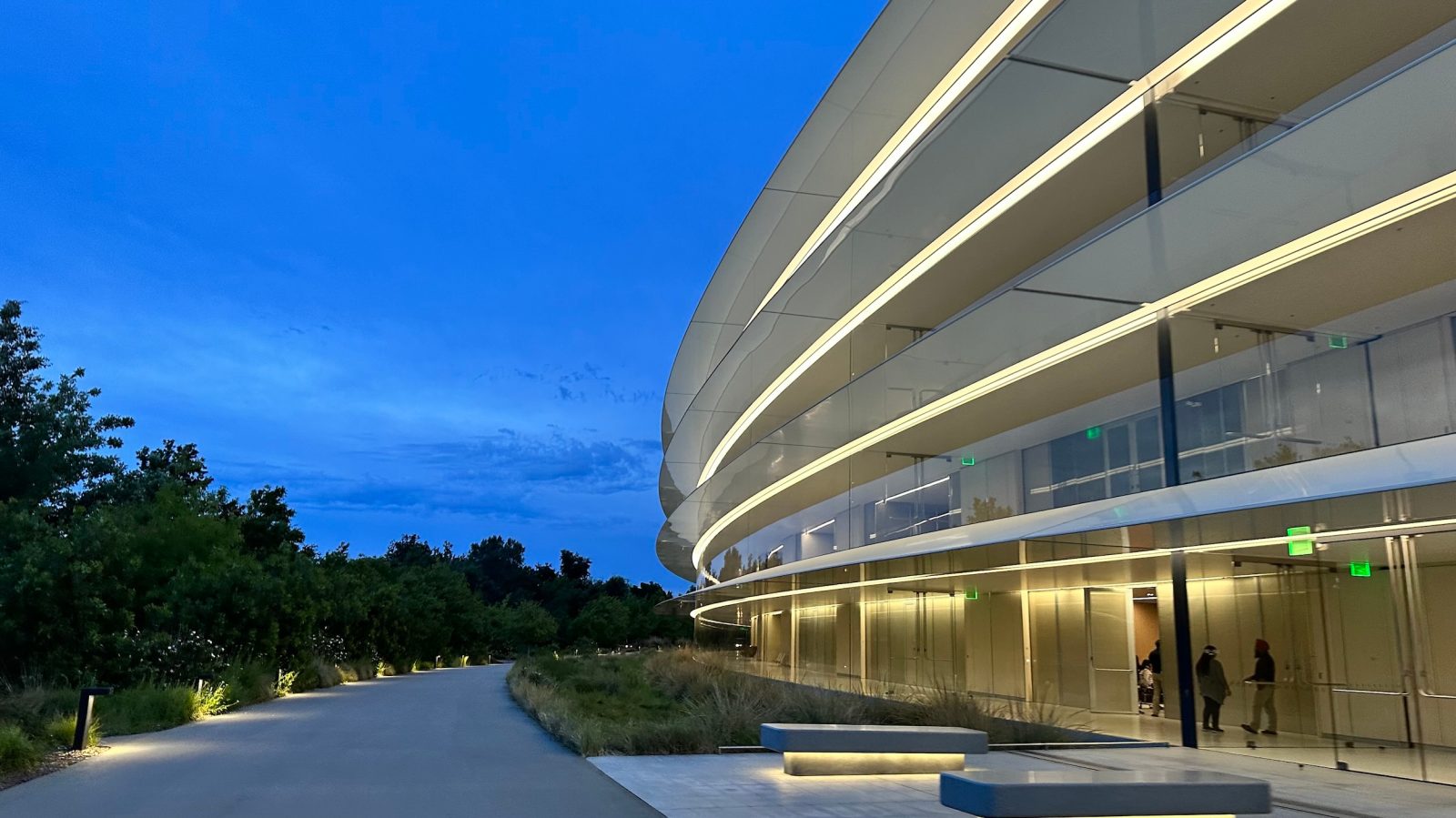
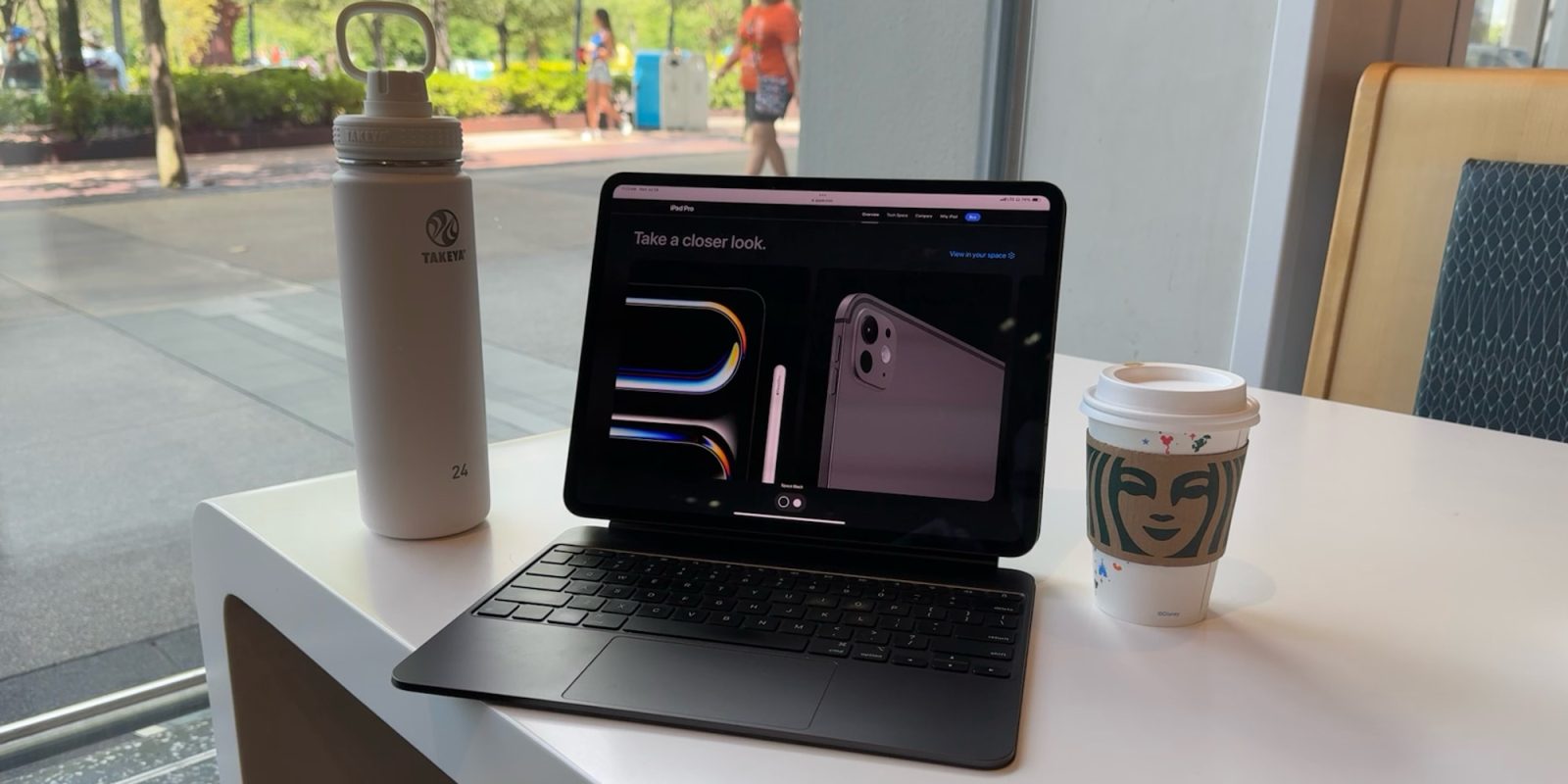
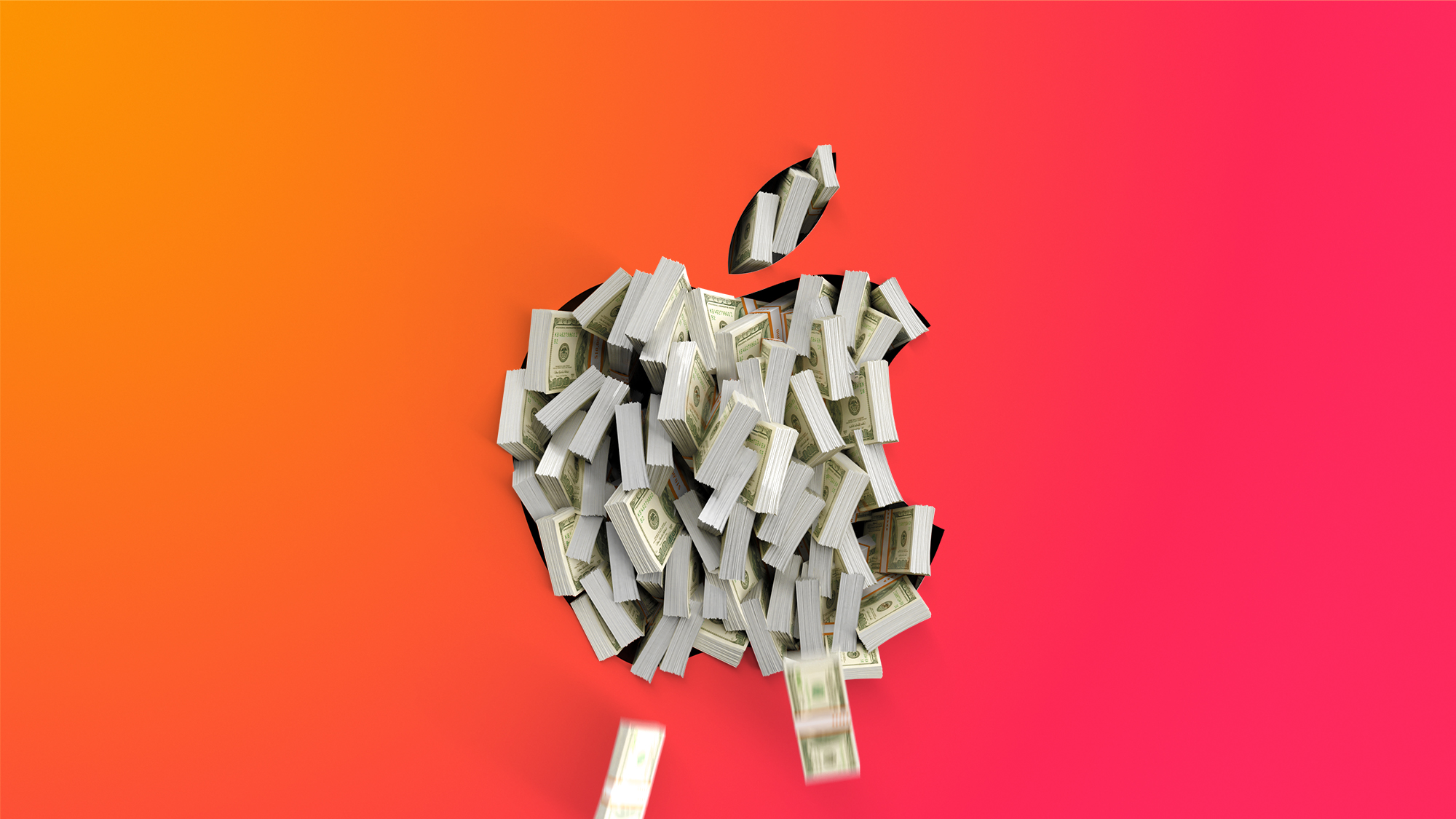



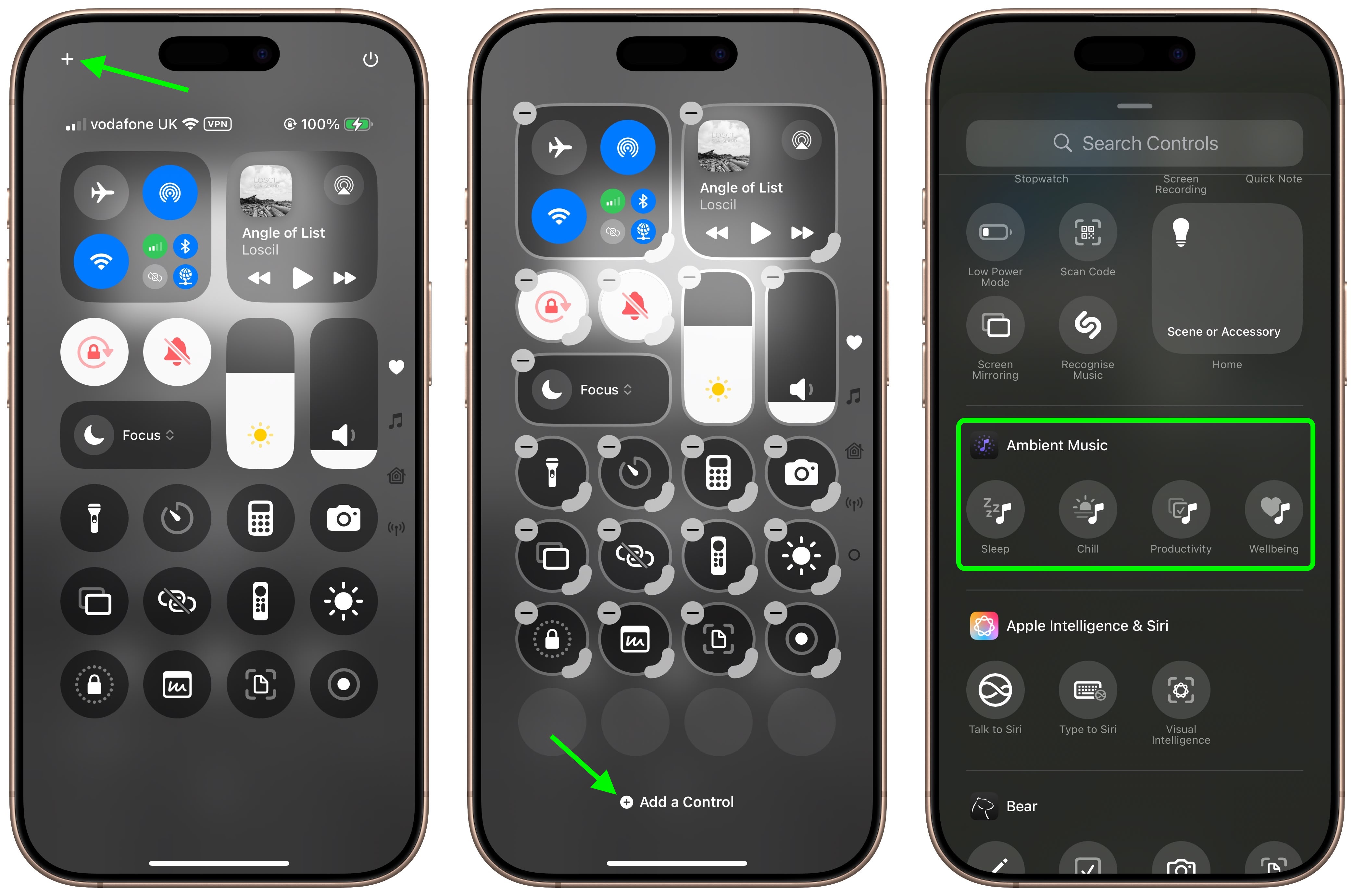
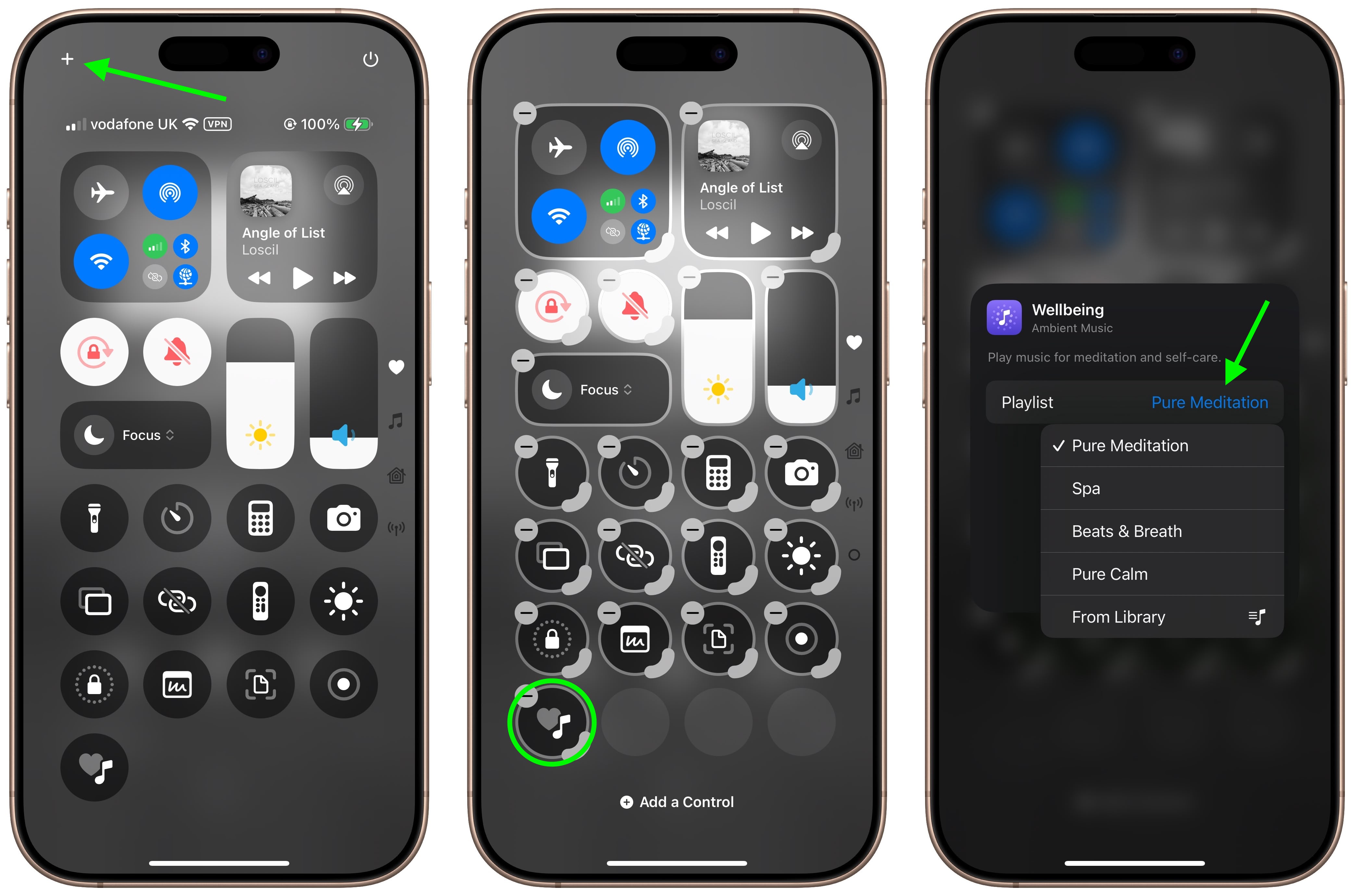
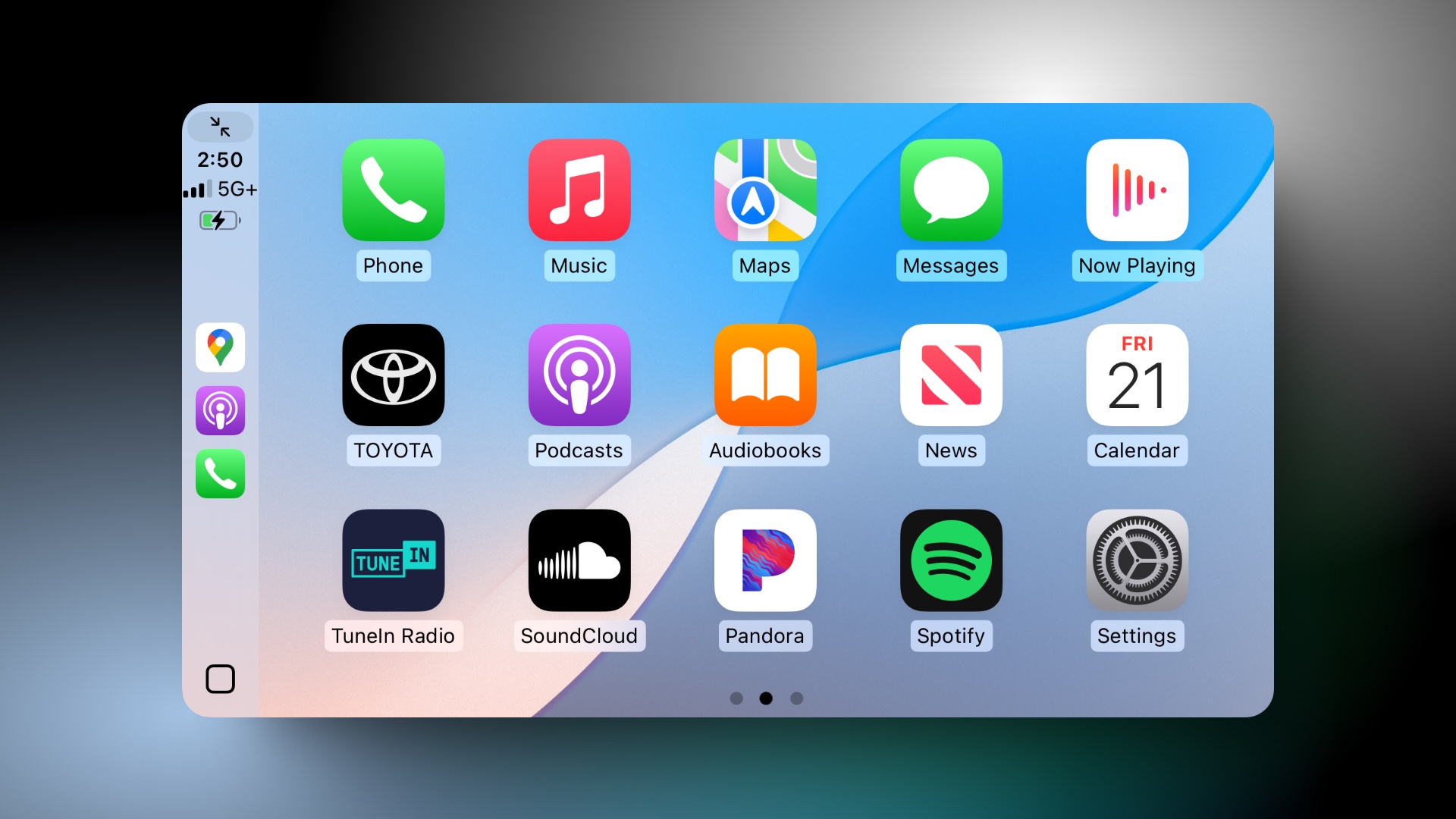


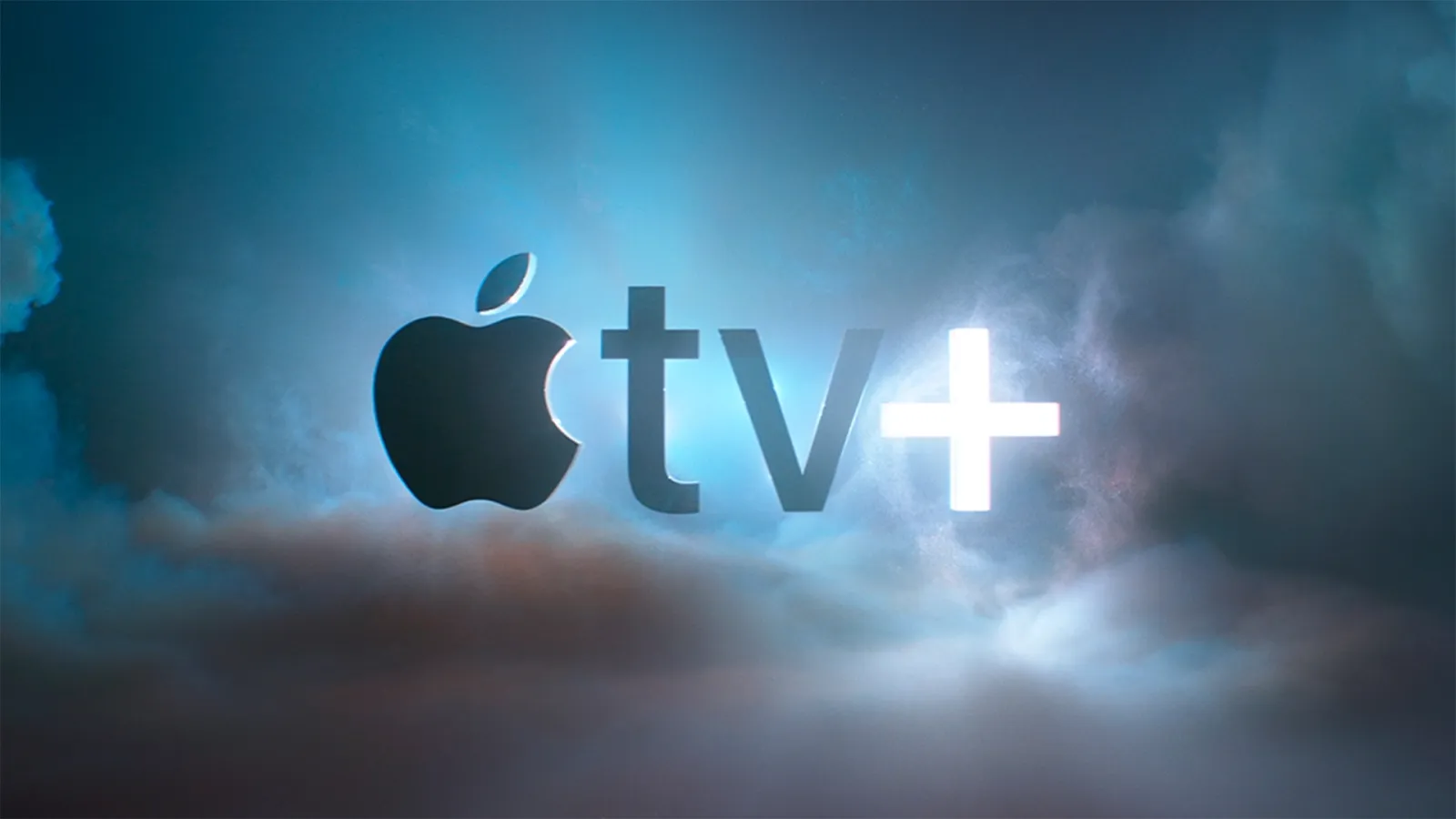


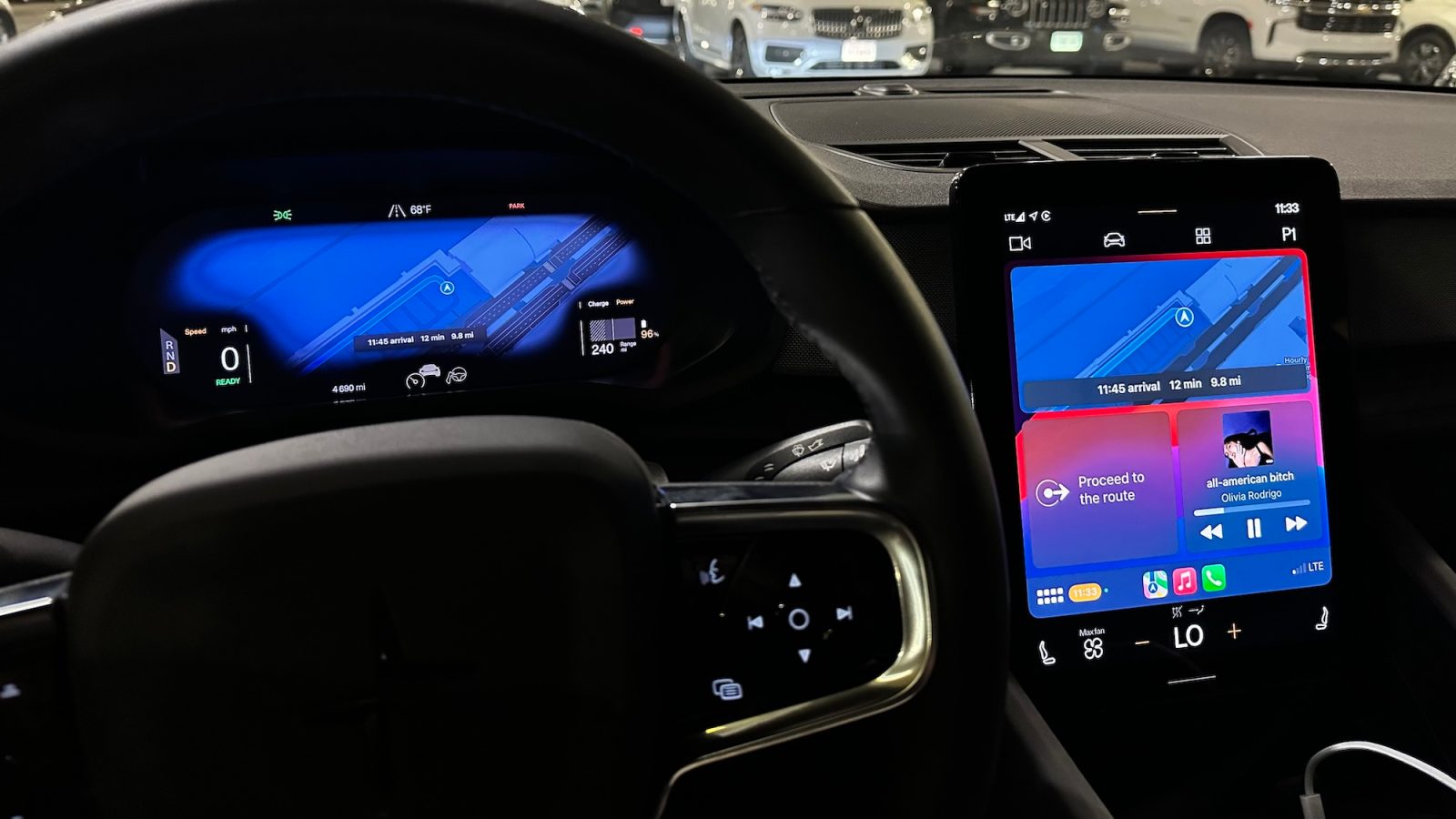

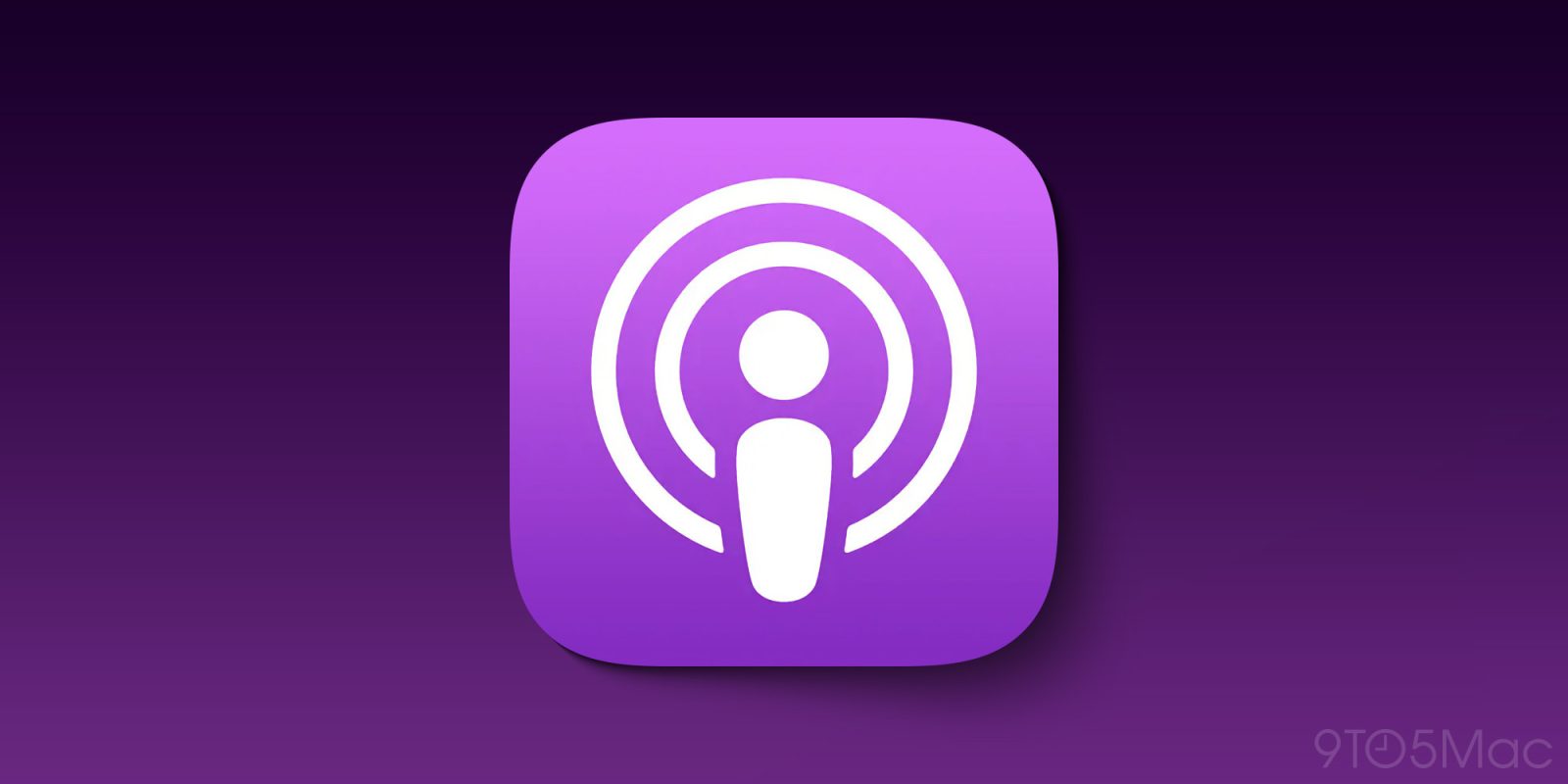
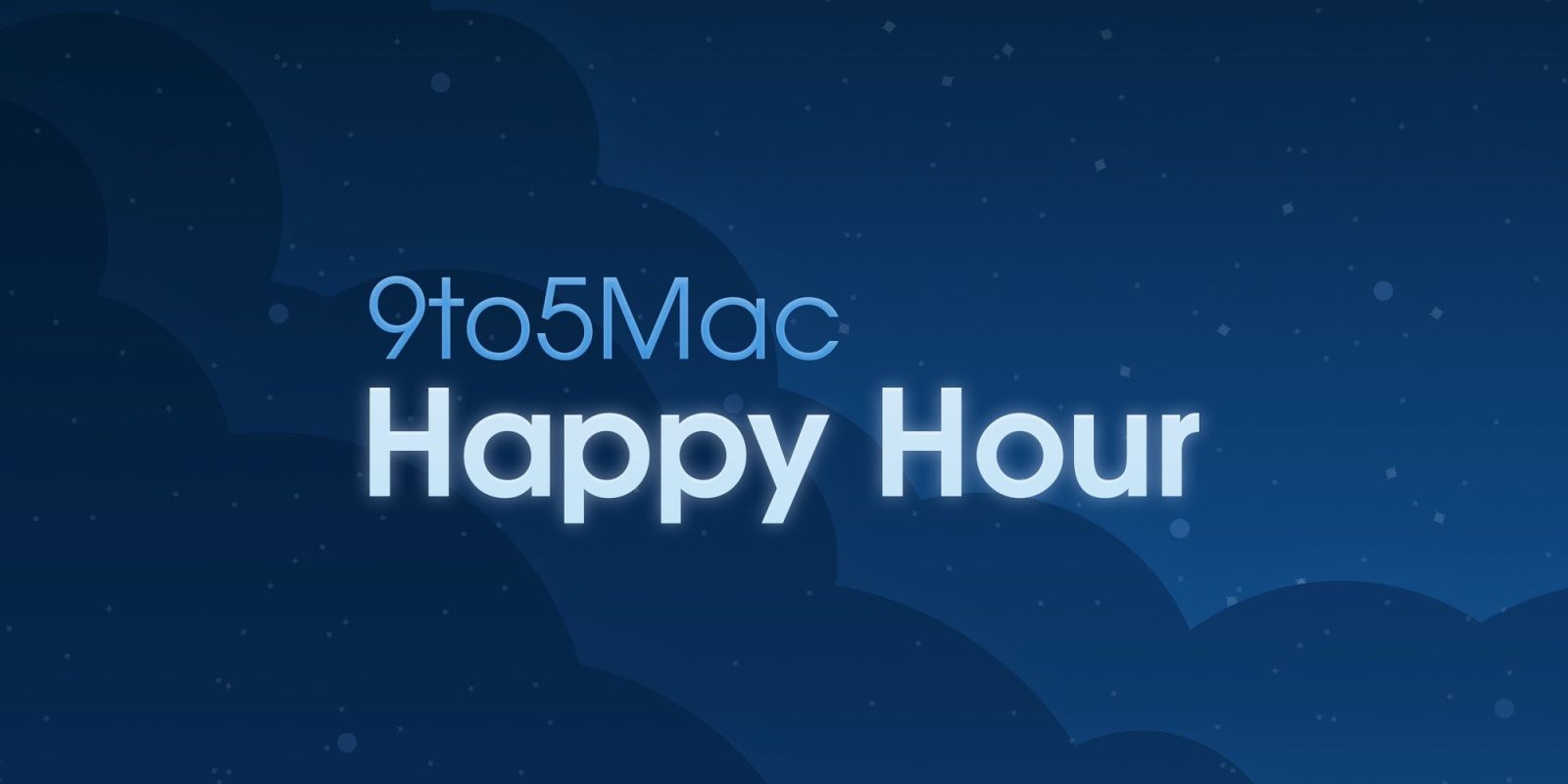

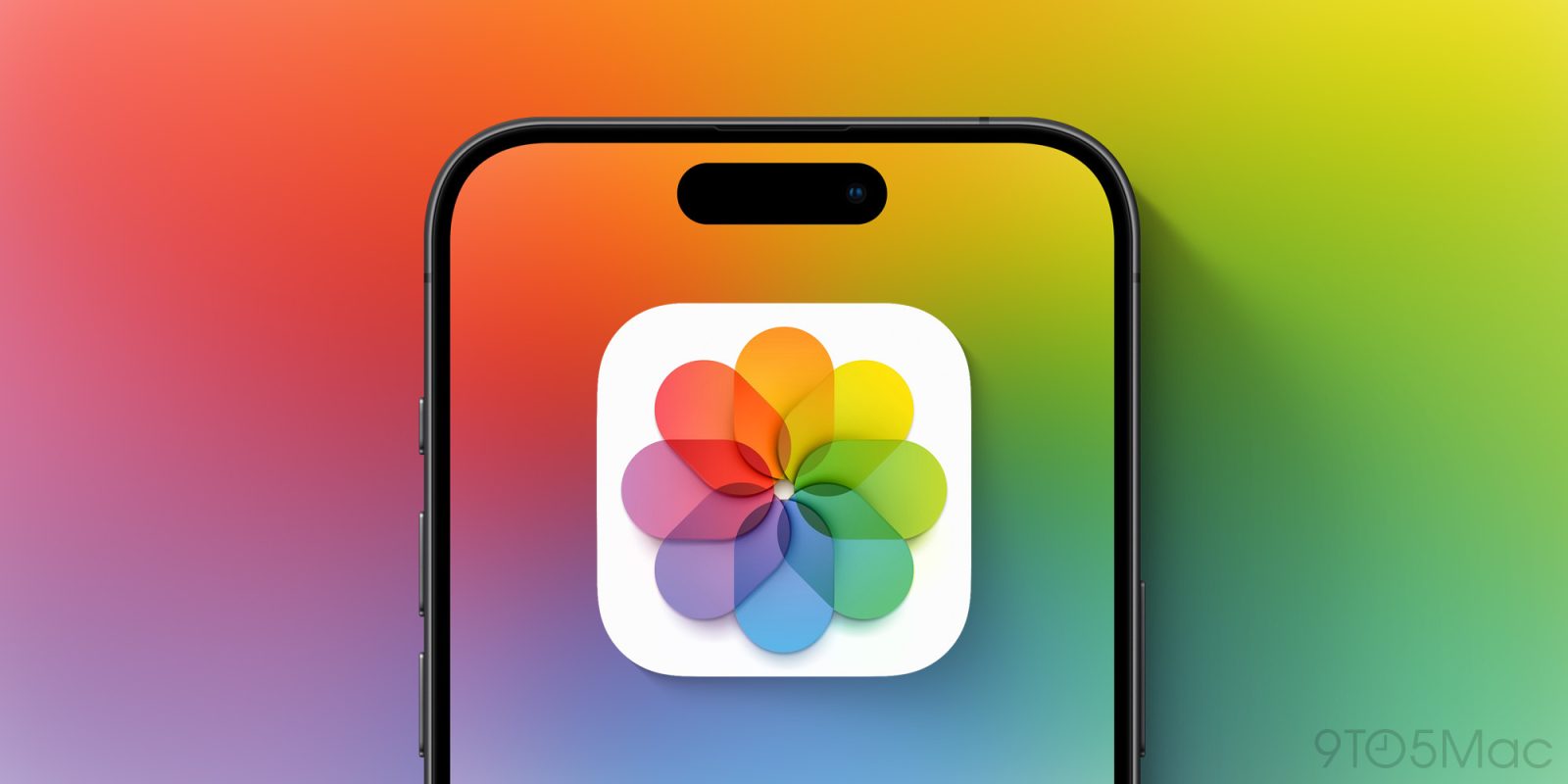
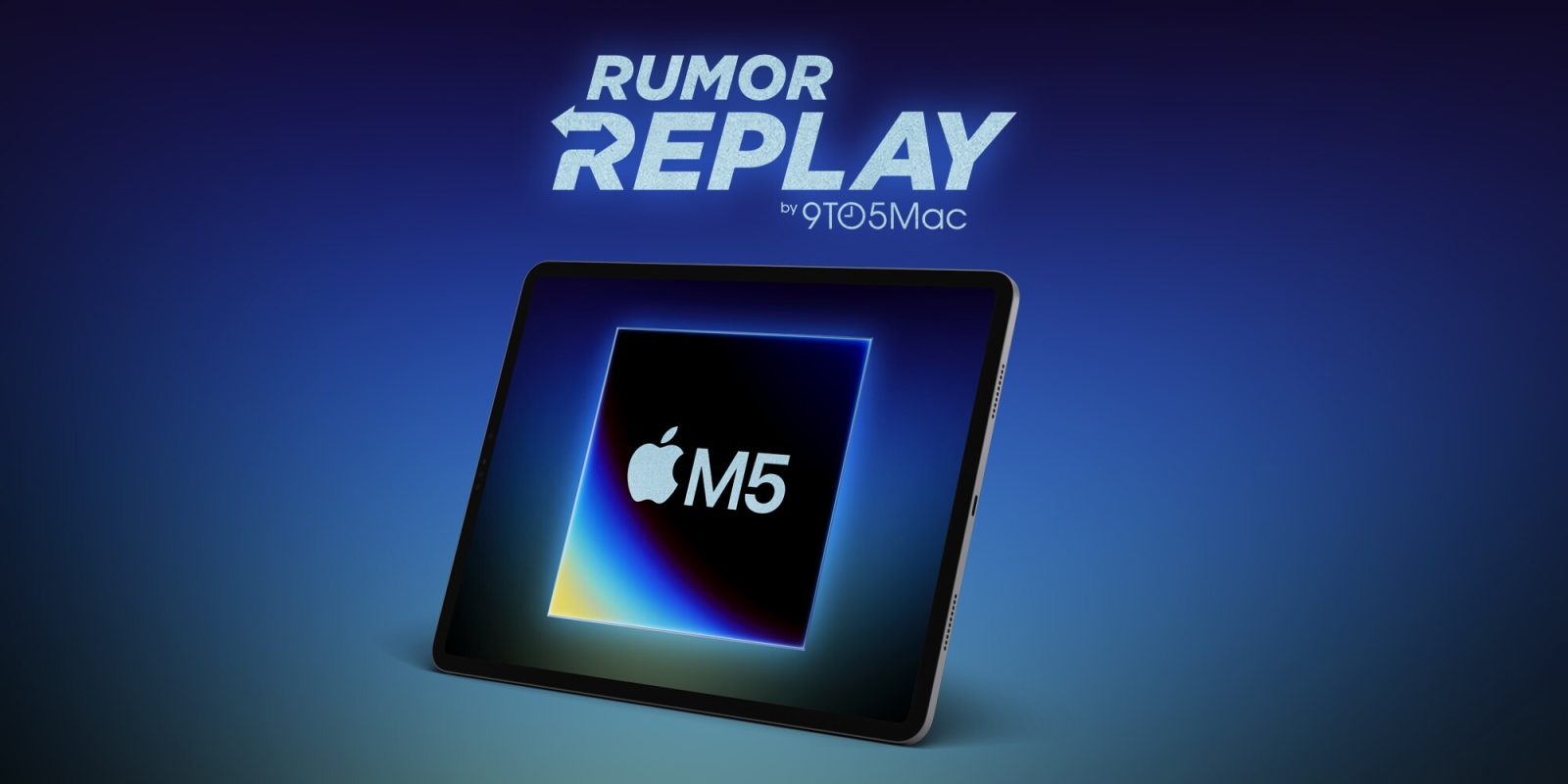


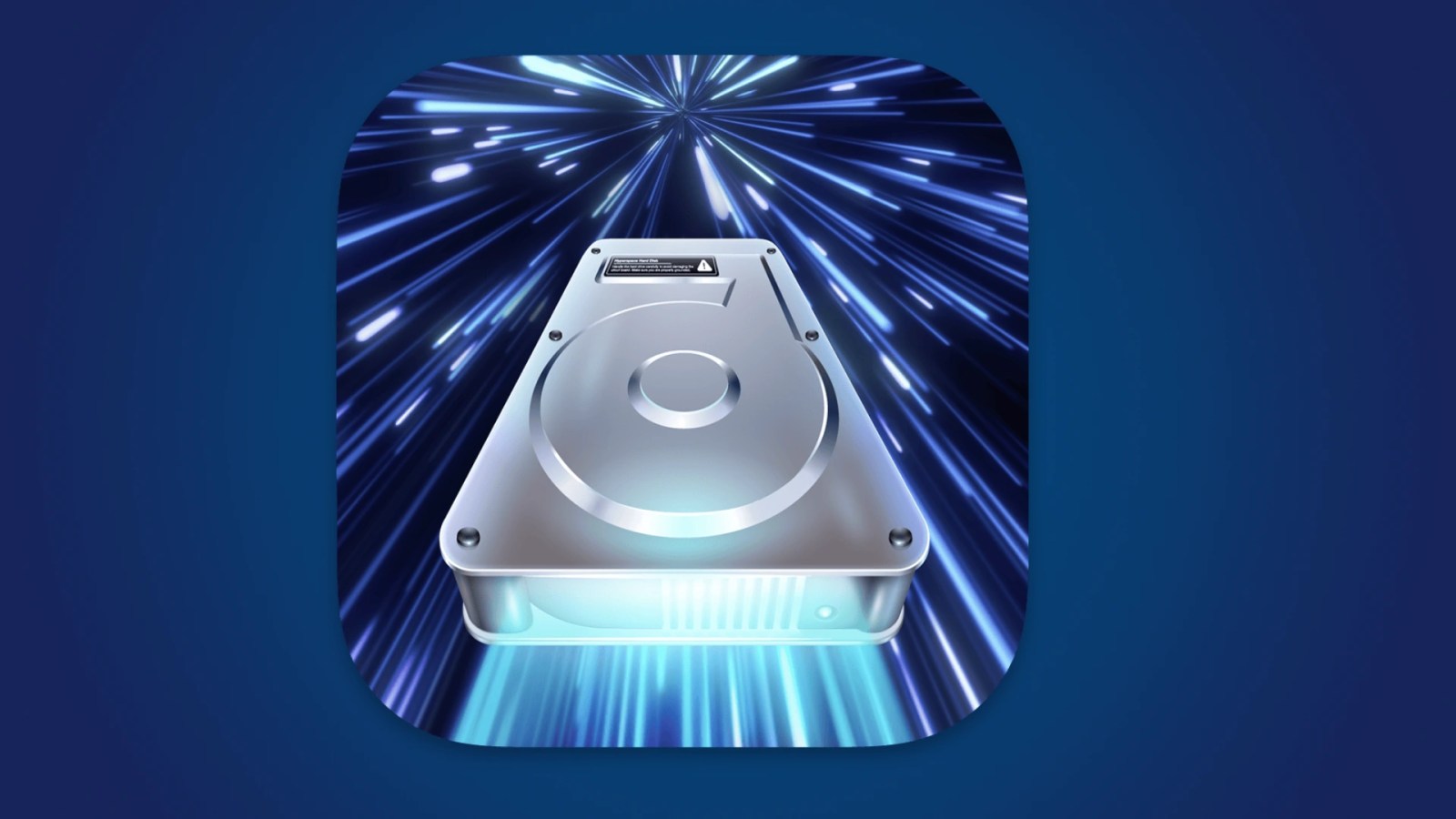
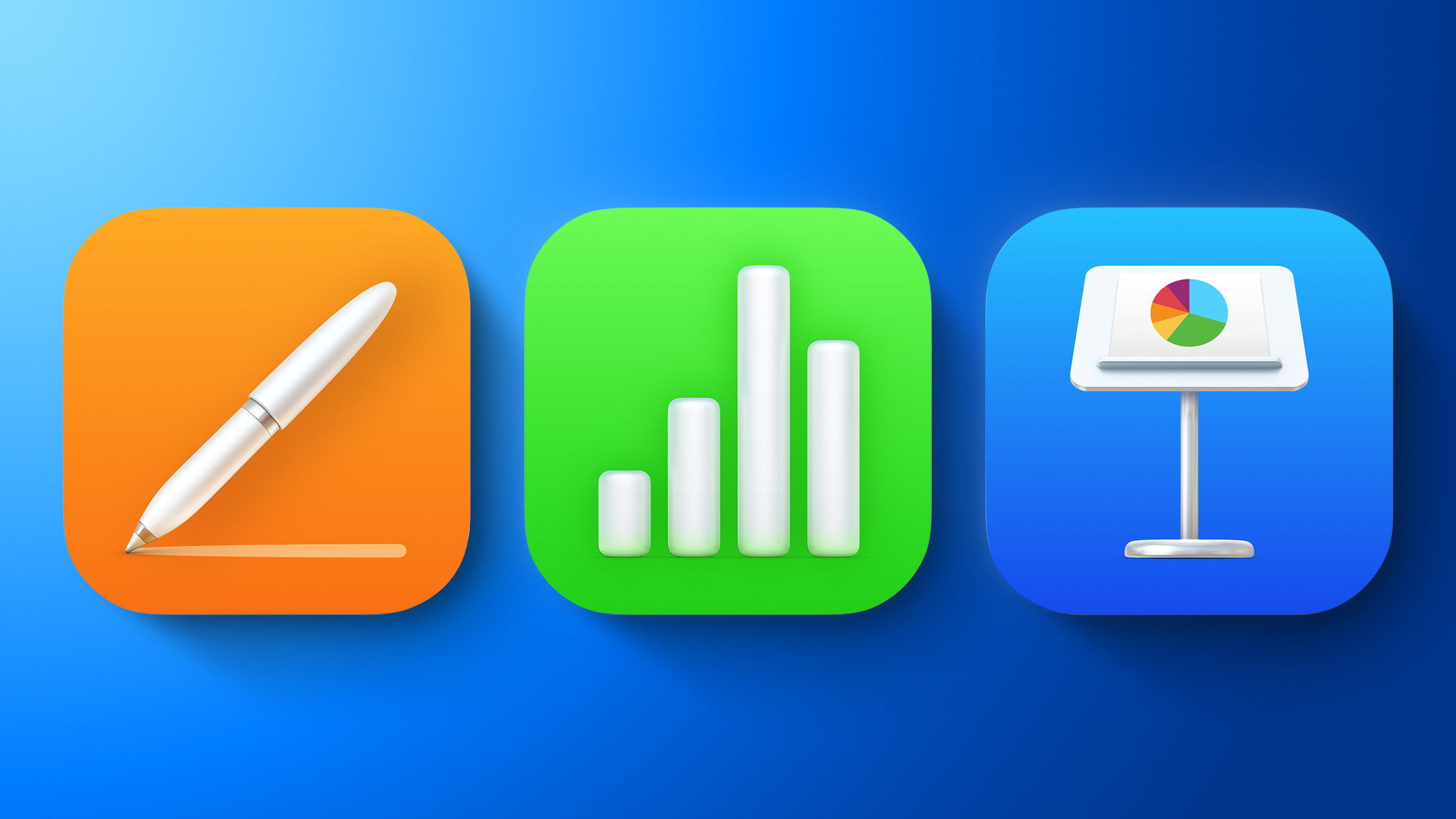

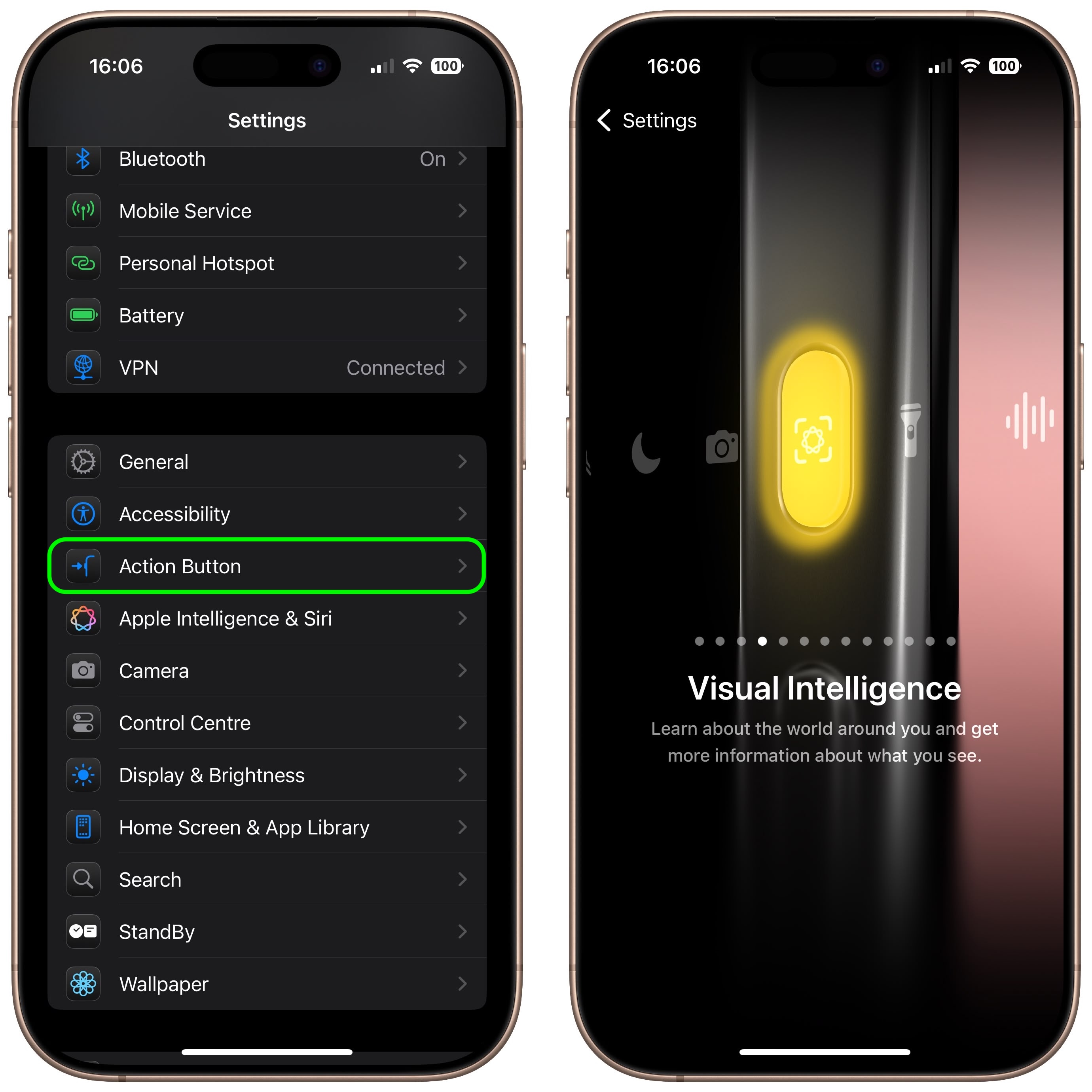
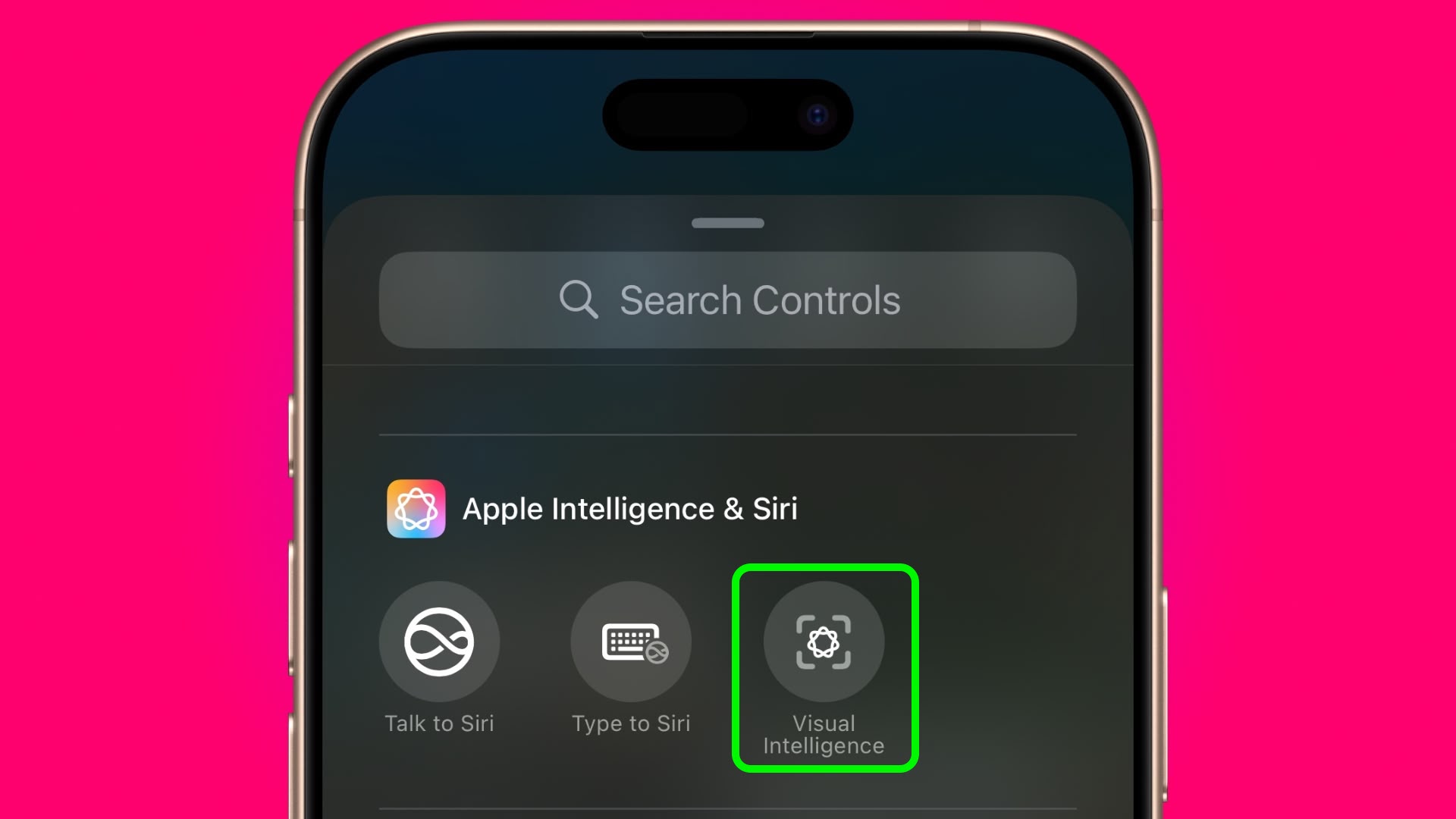
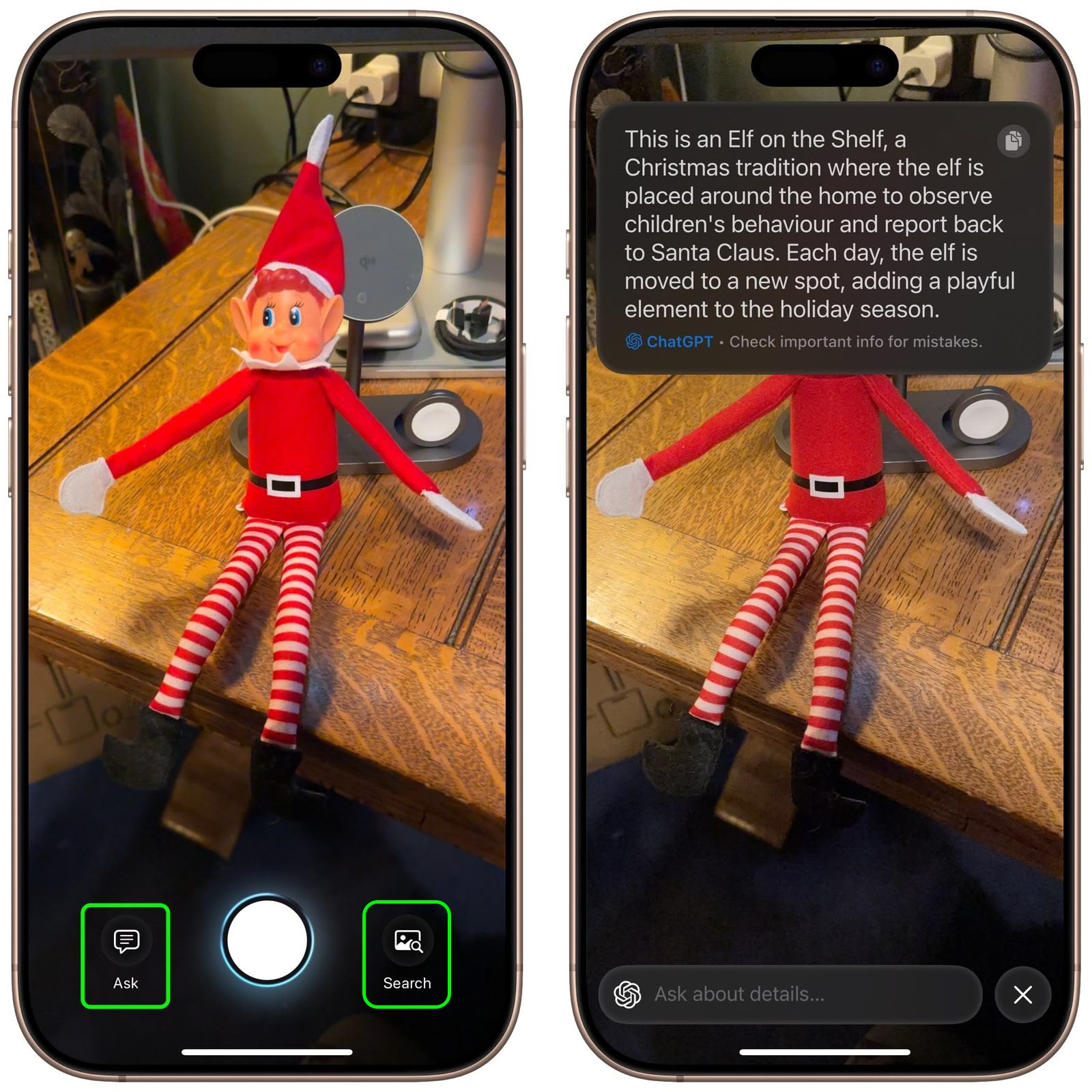


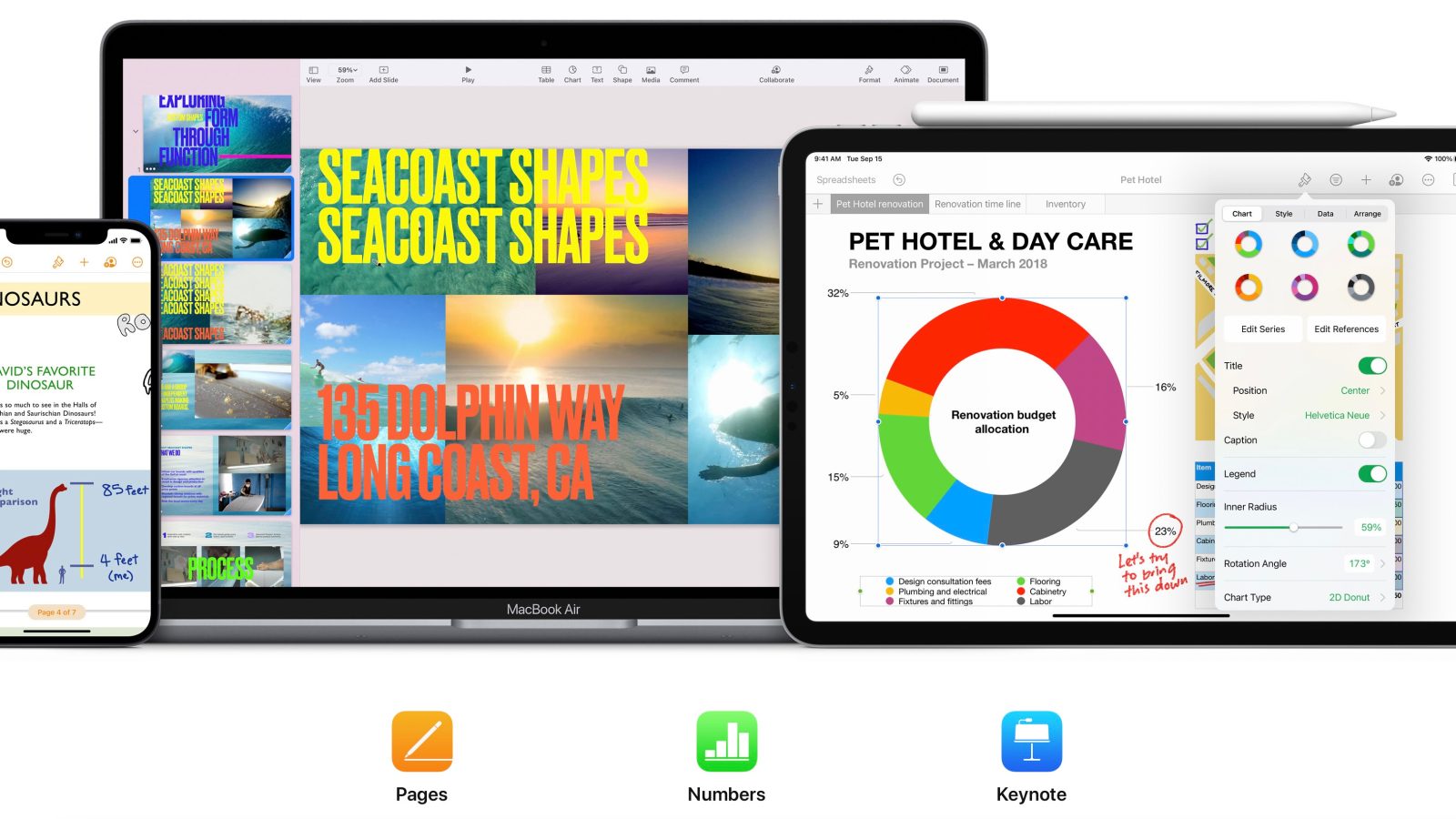

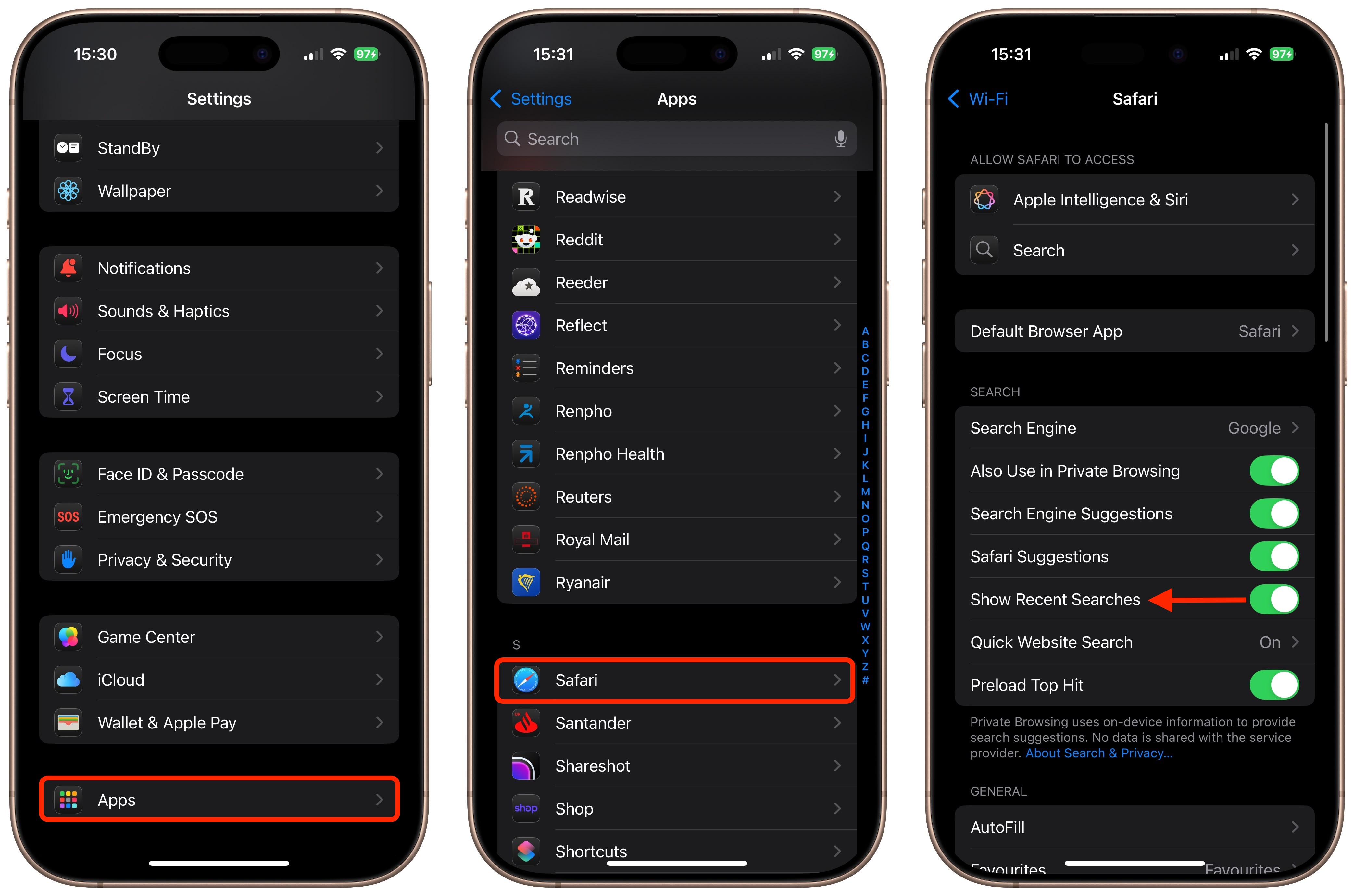
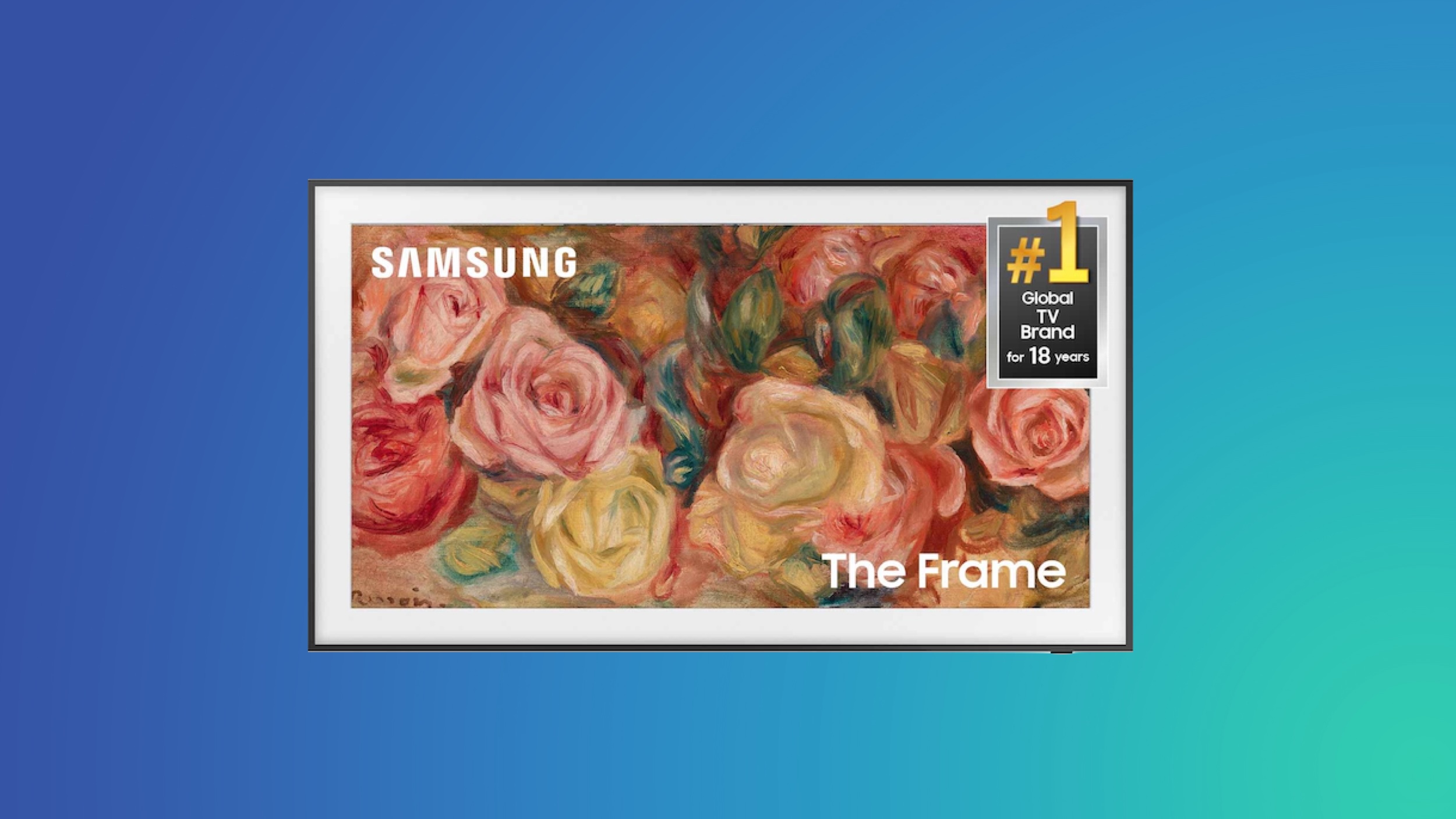 Note: MacRumors is an affiliate partner with Samsung. When you click a link and make a purchase, we may receive a small payment, which helps us keep the site running.
Note: MacRumors is an affiliate partner with Samsung. When you click a link and make a purchase, we may receive a small payment, which helps us keep the site running.
